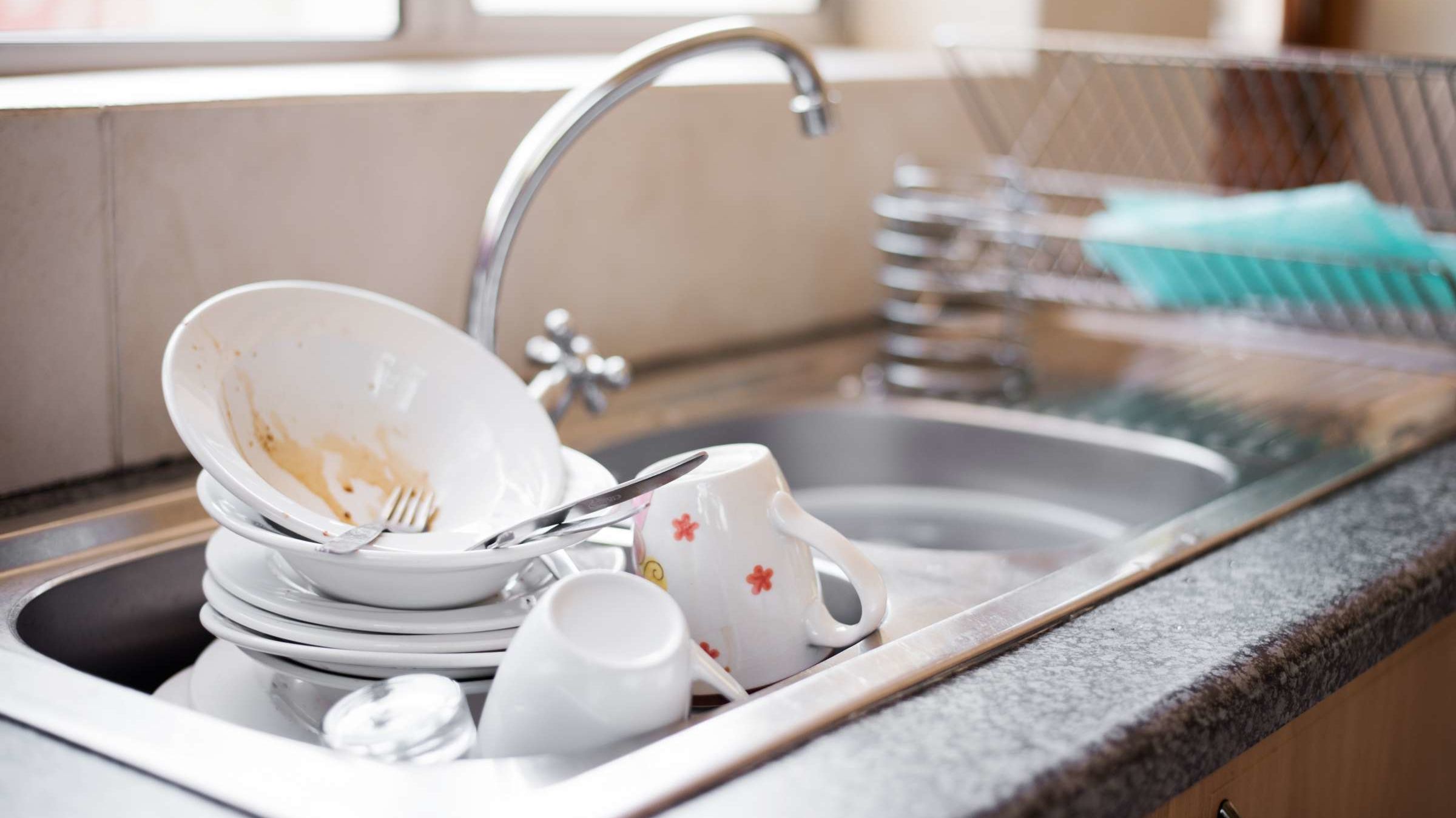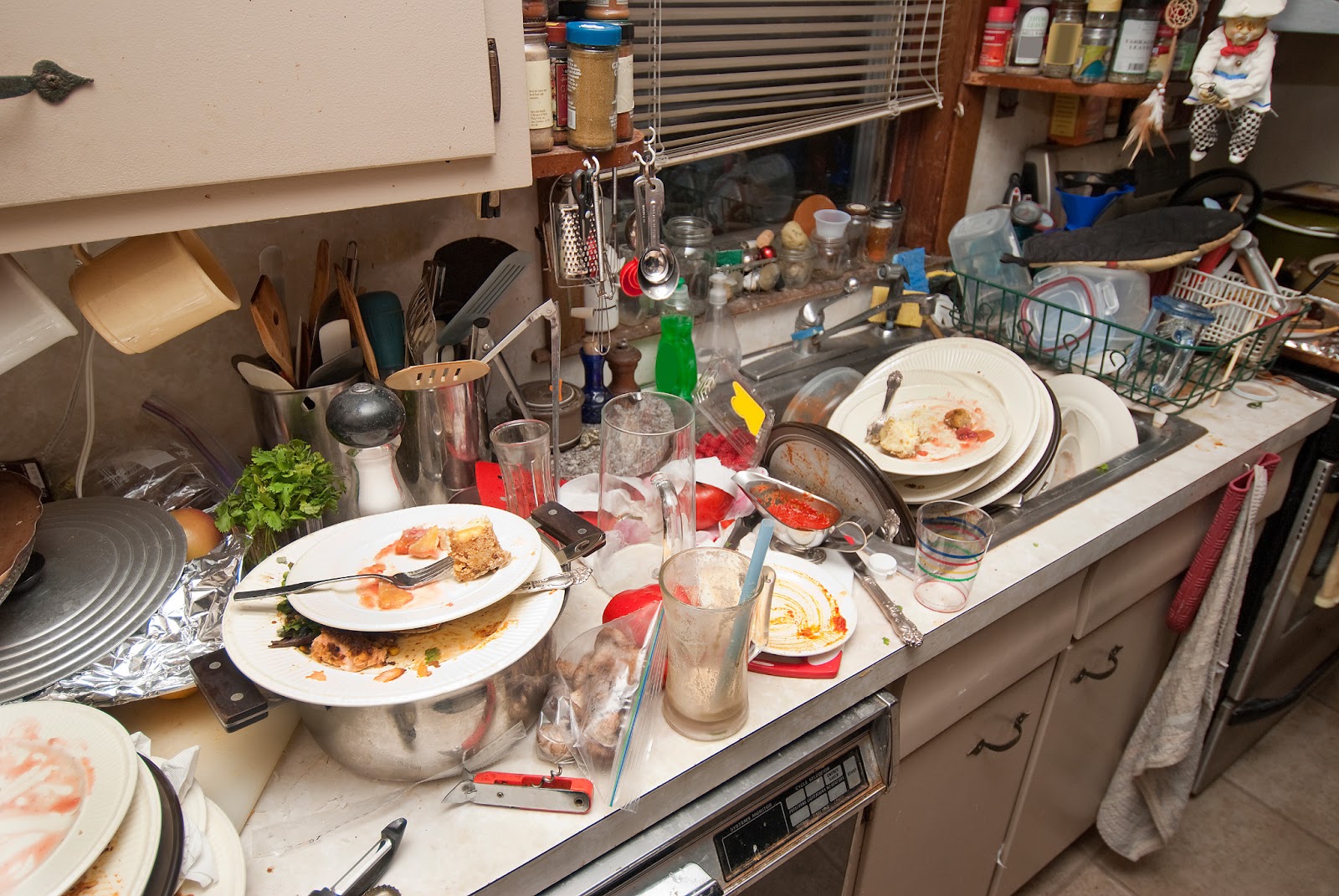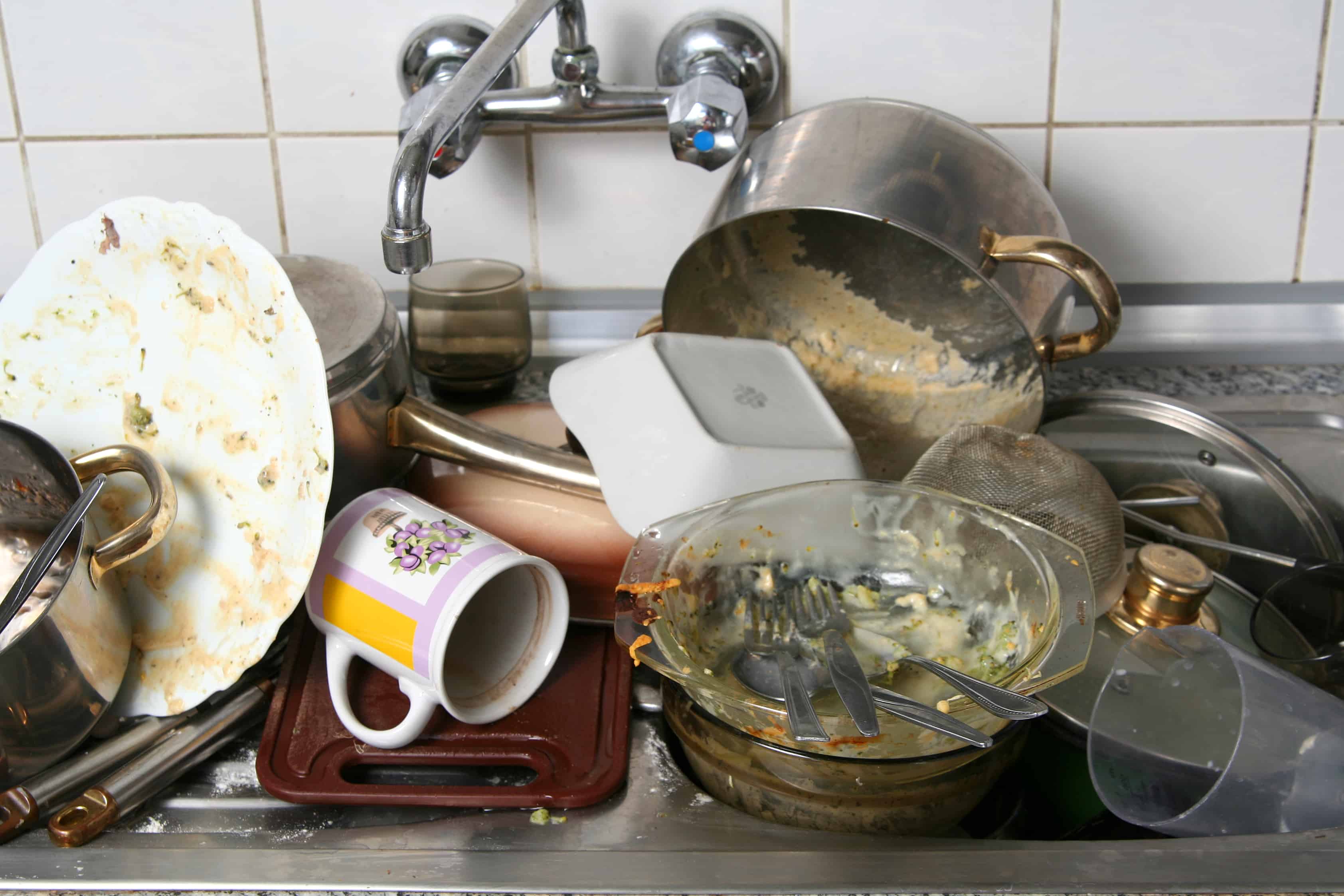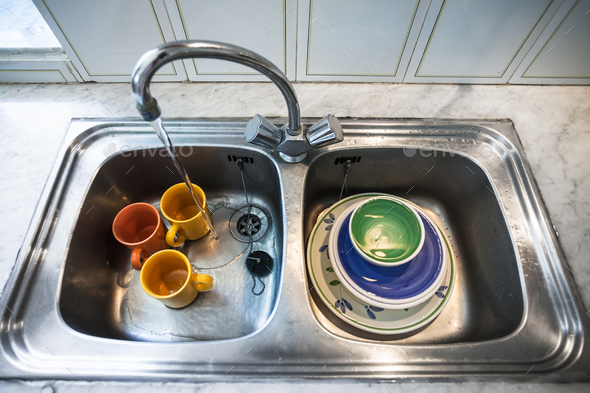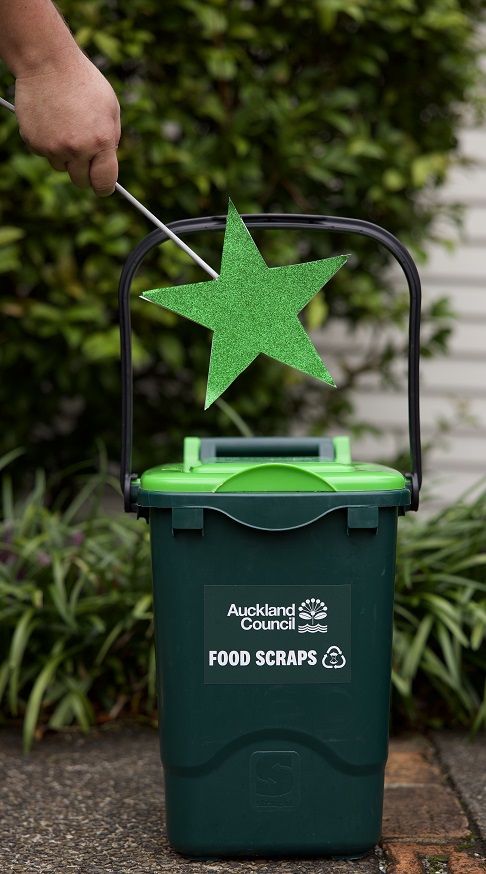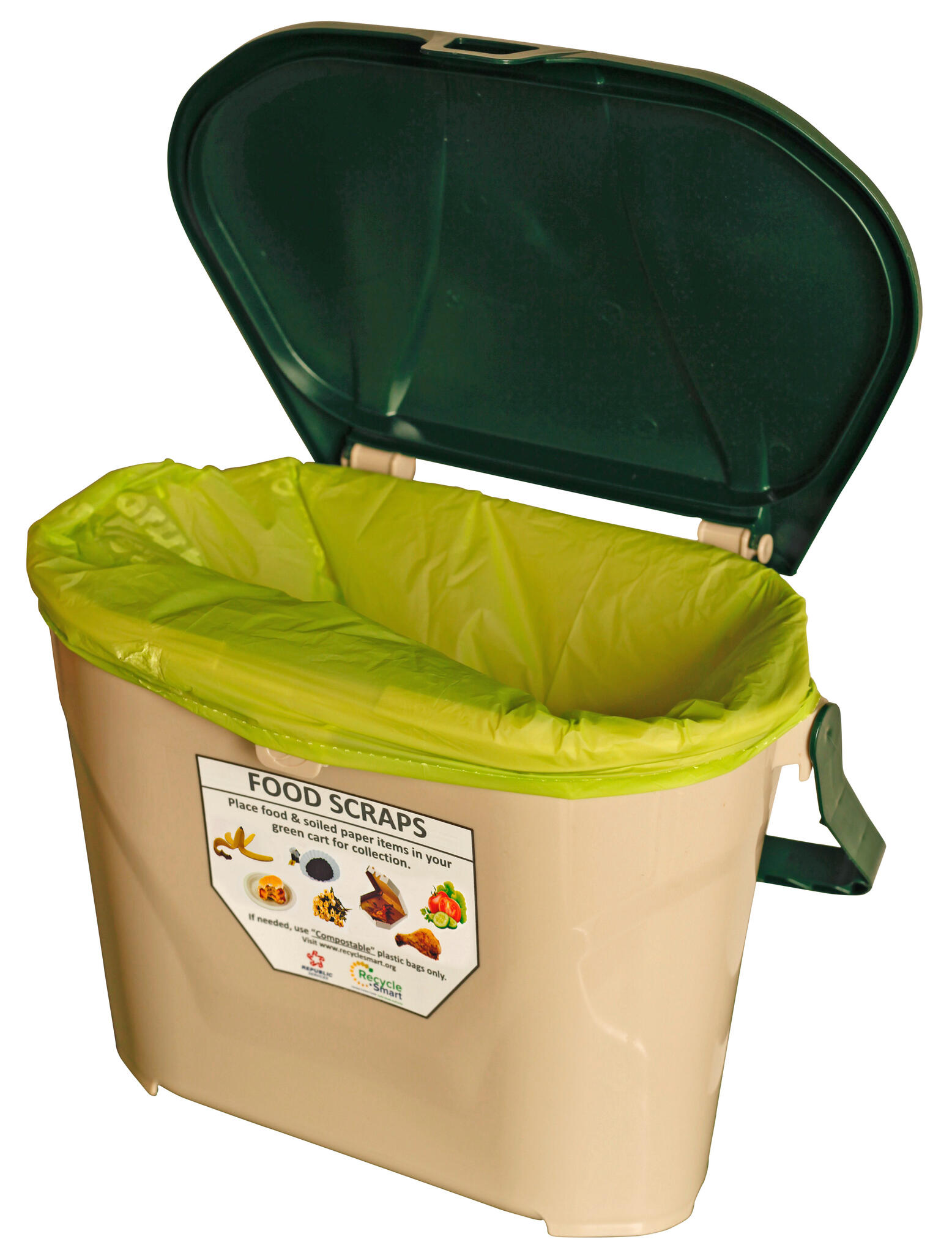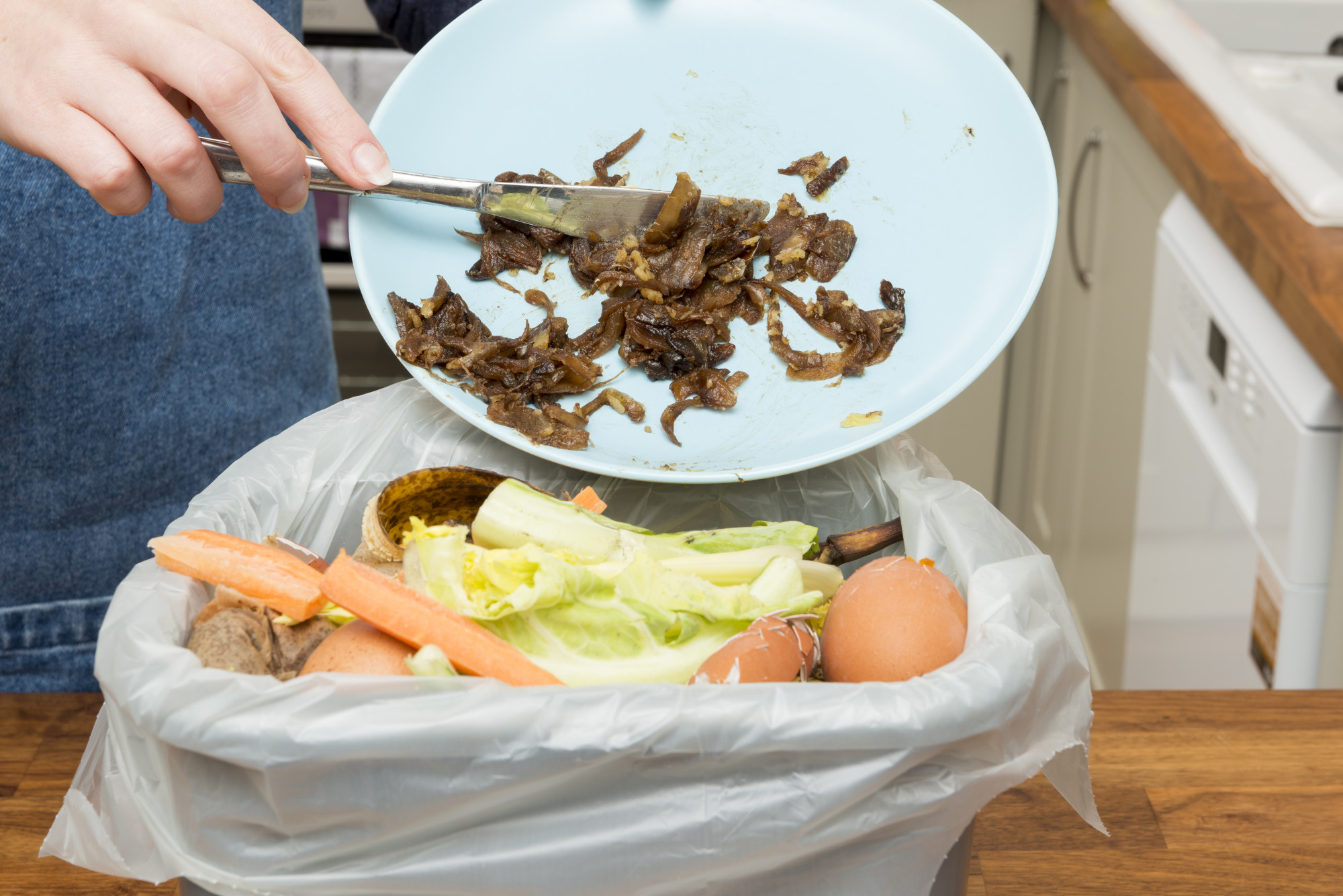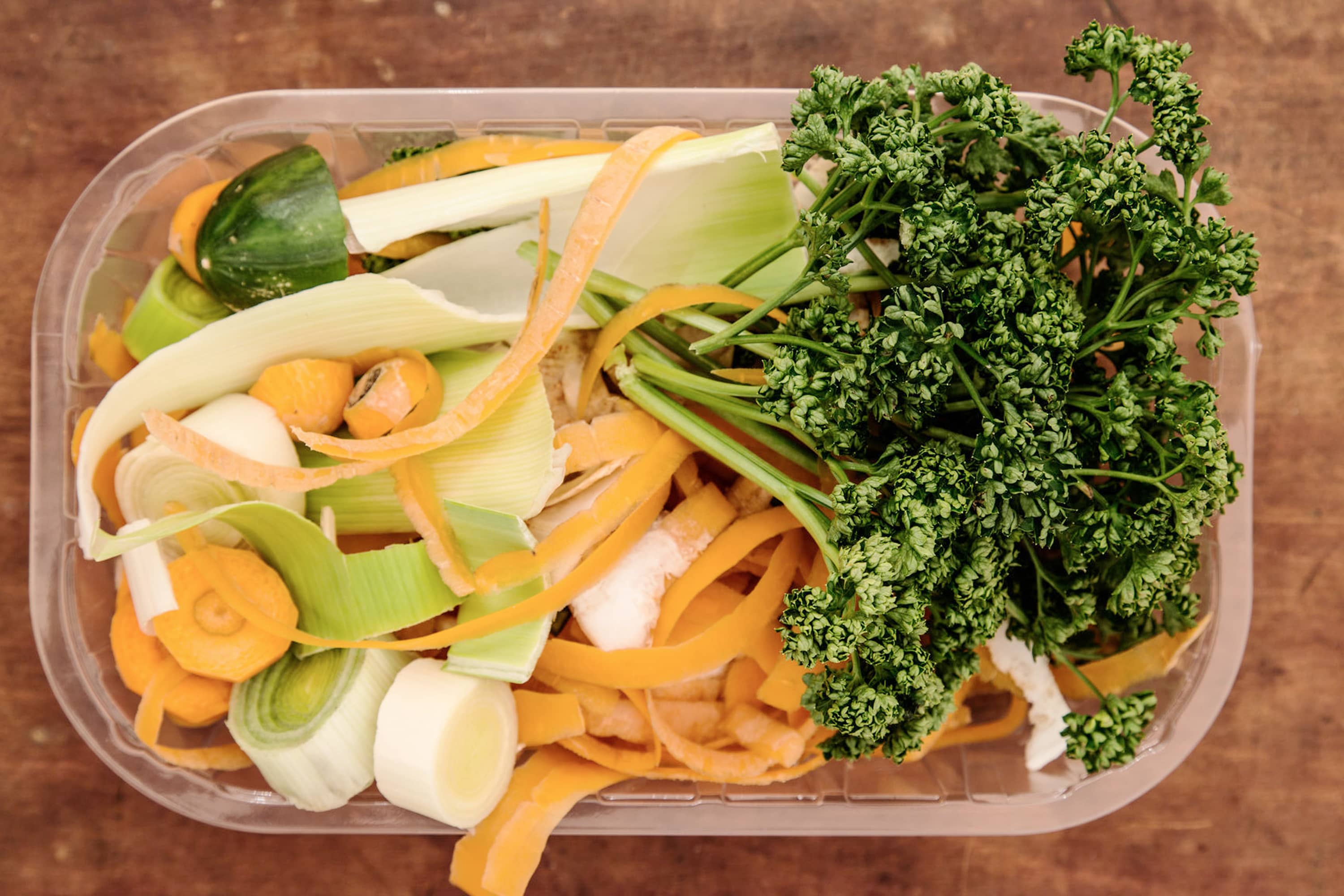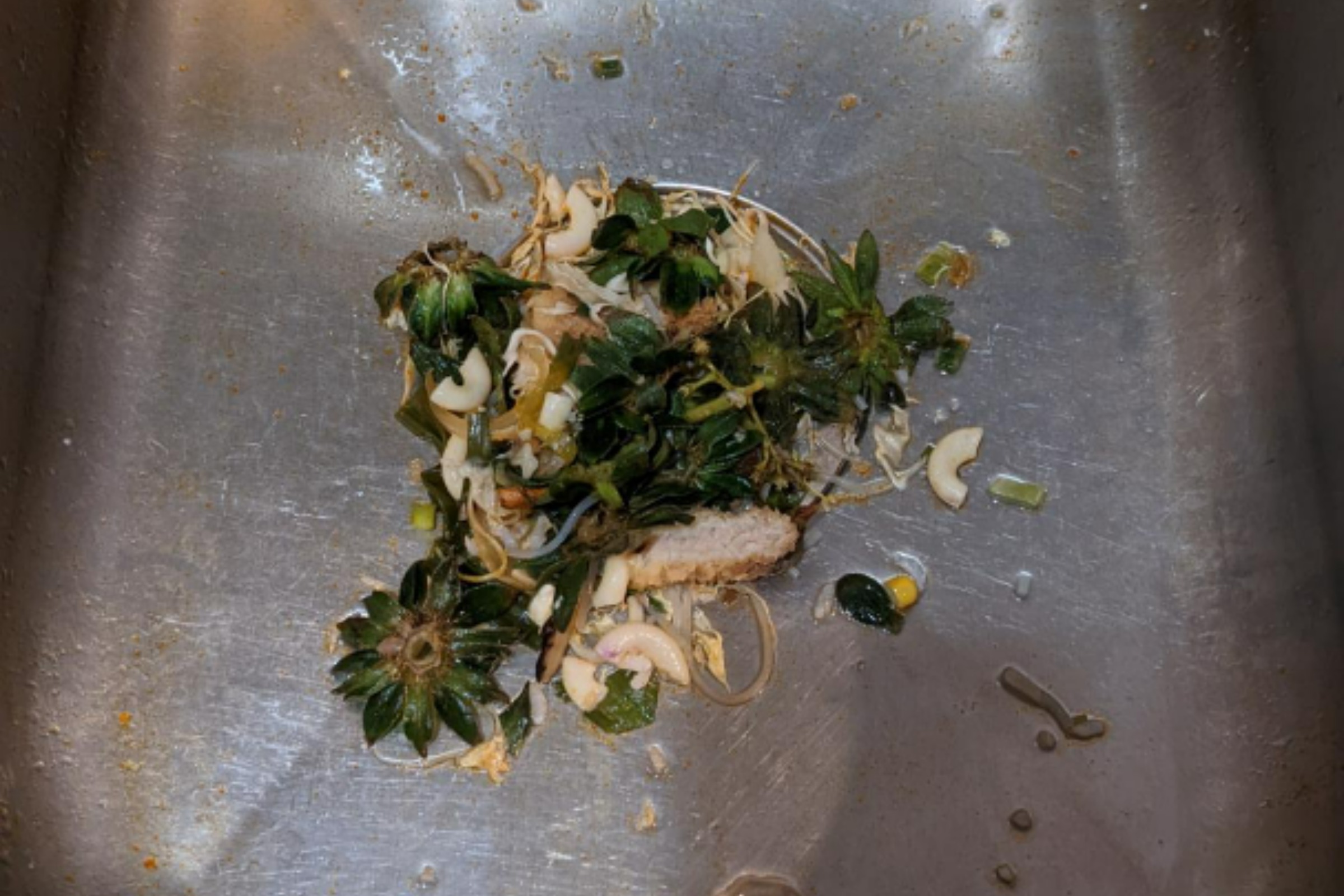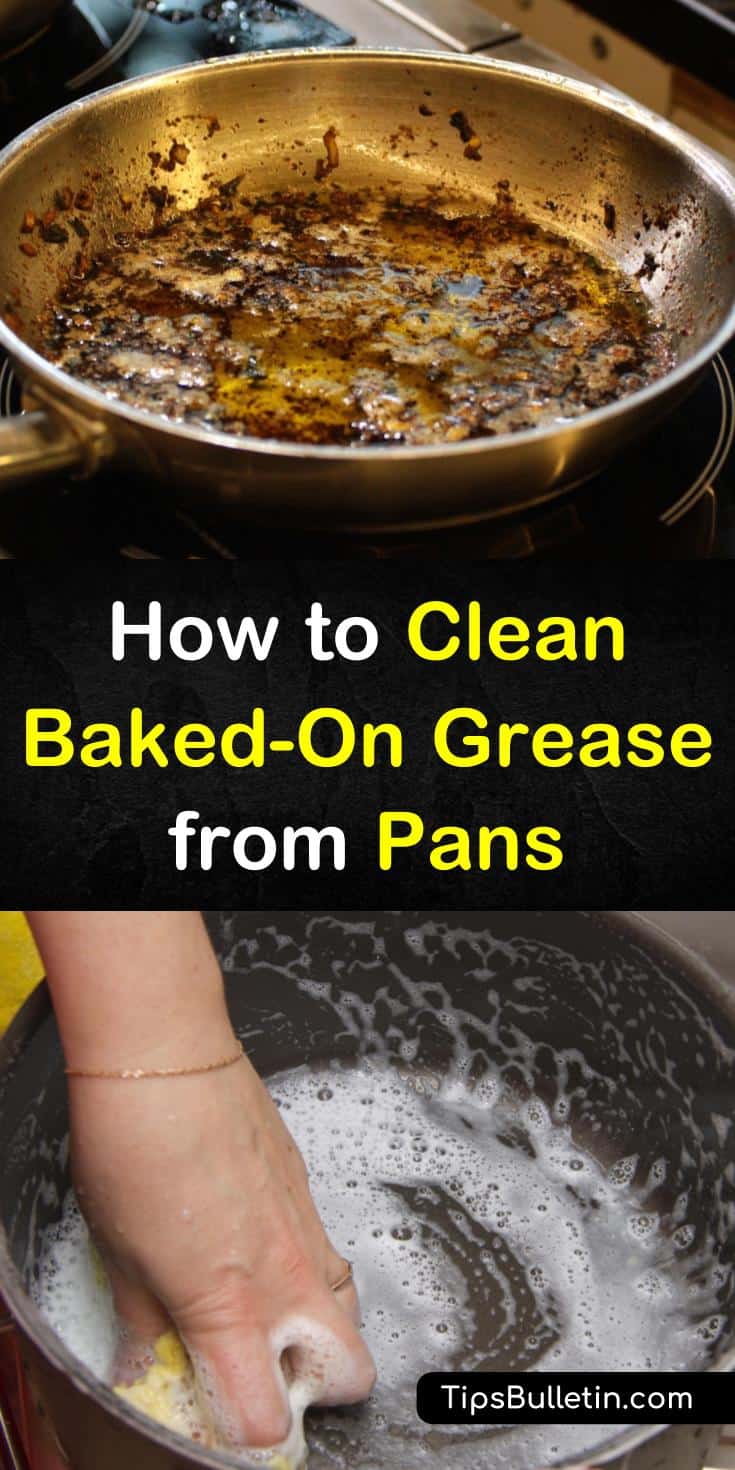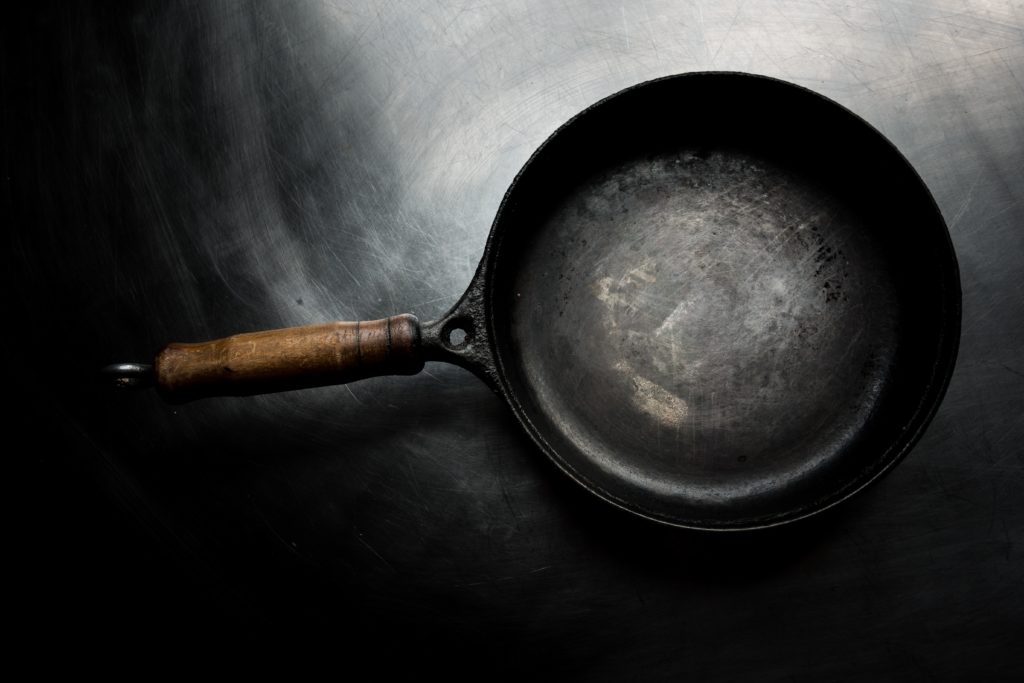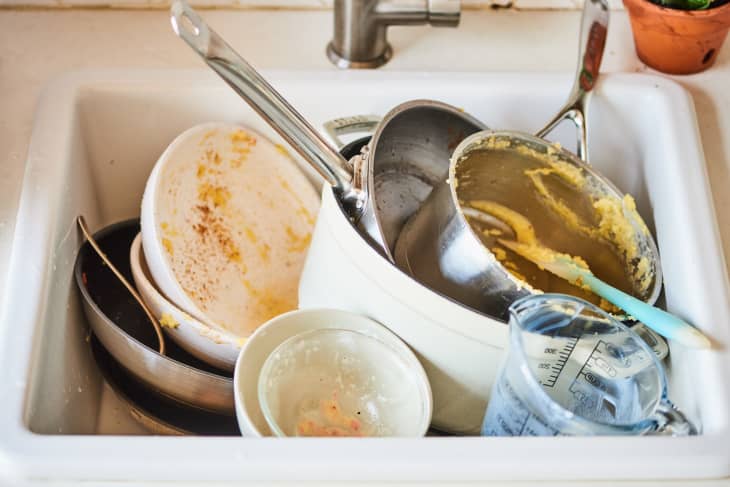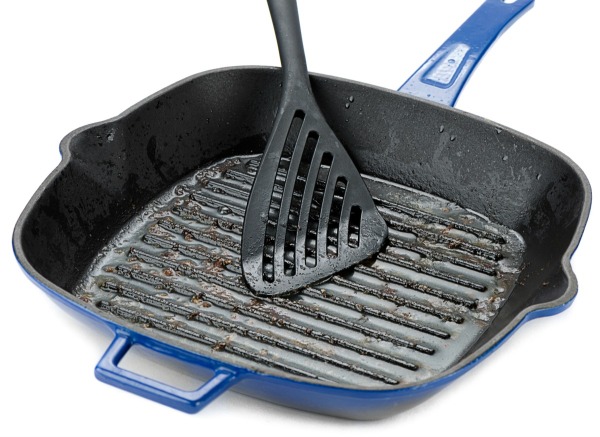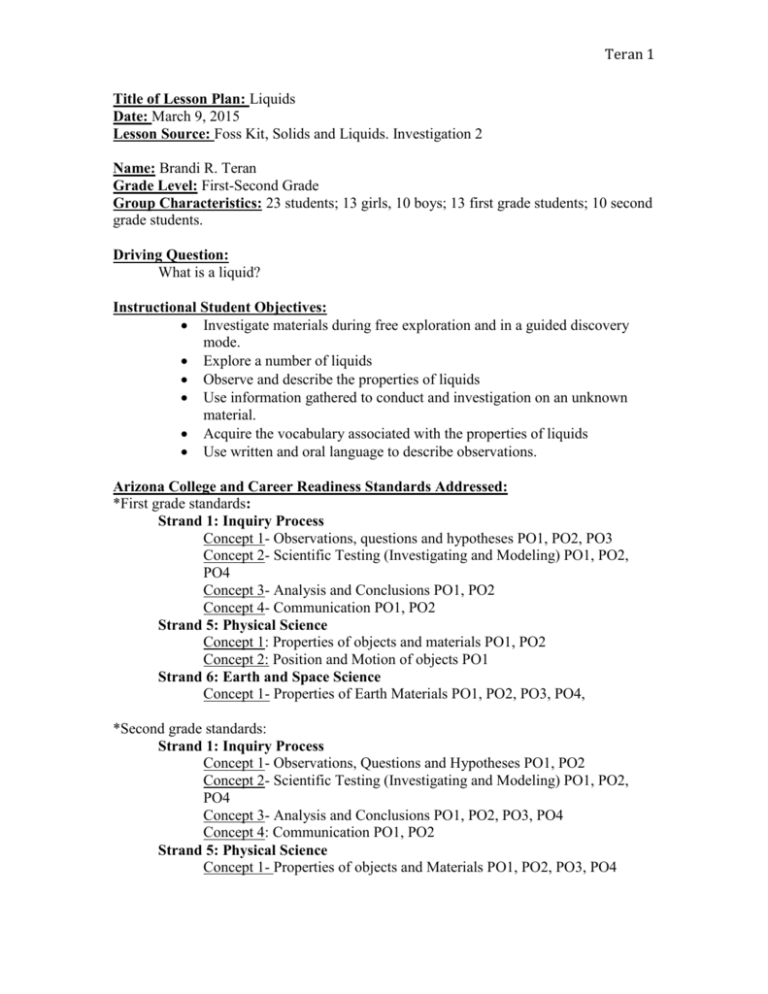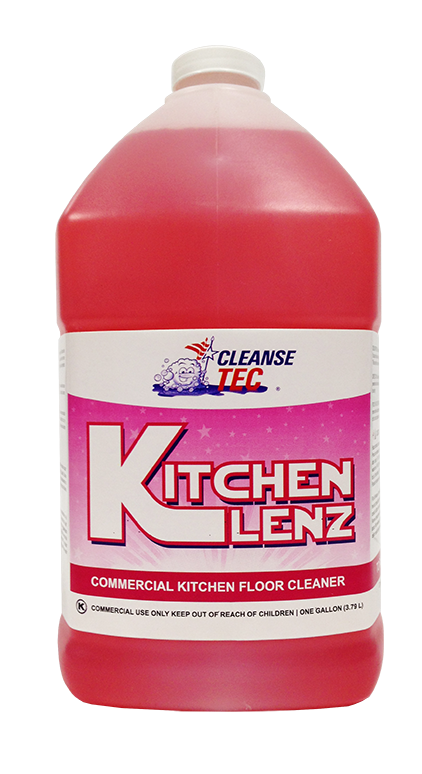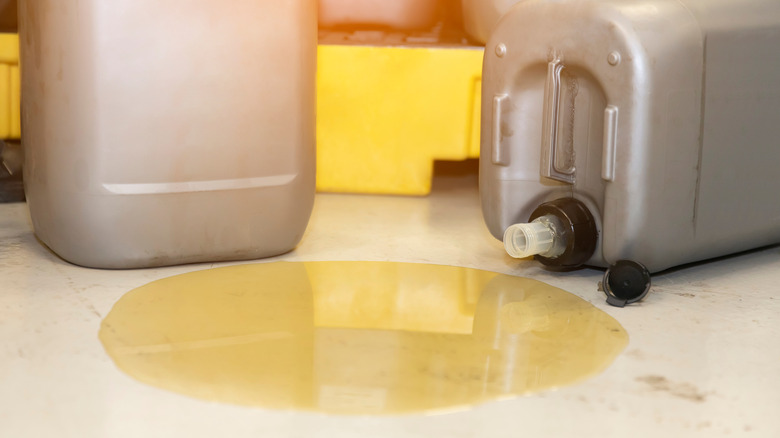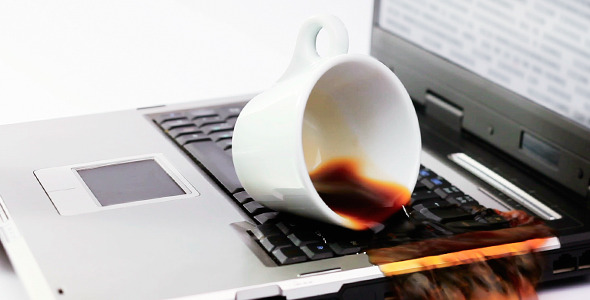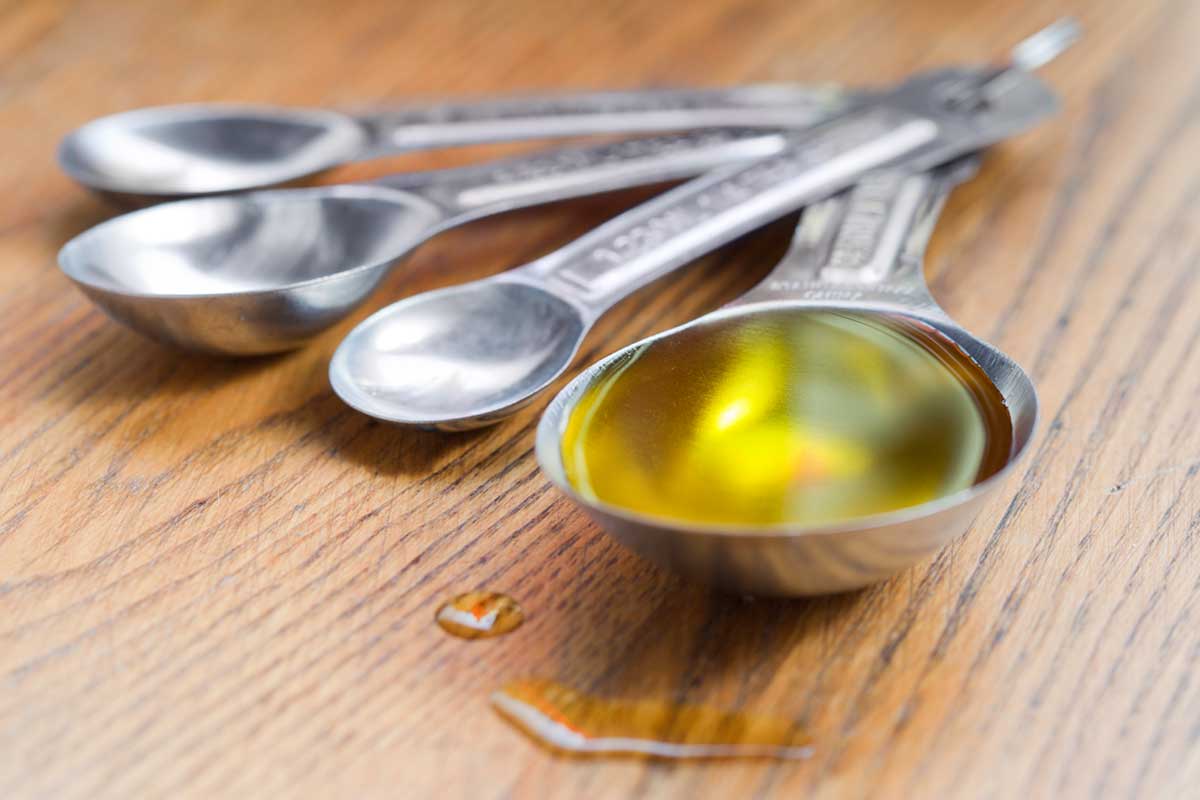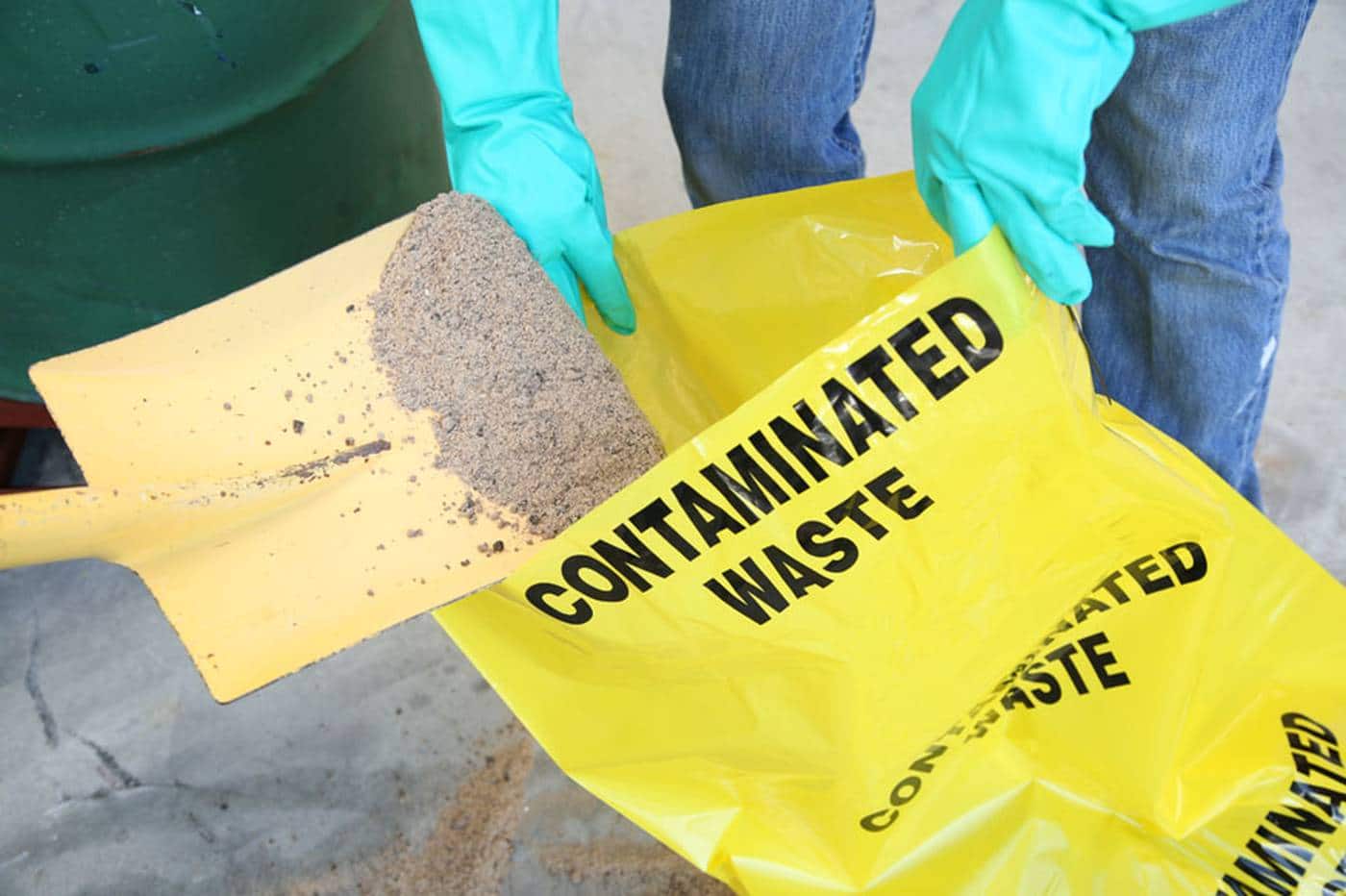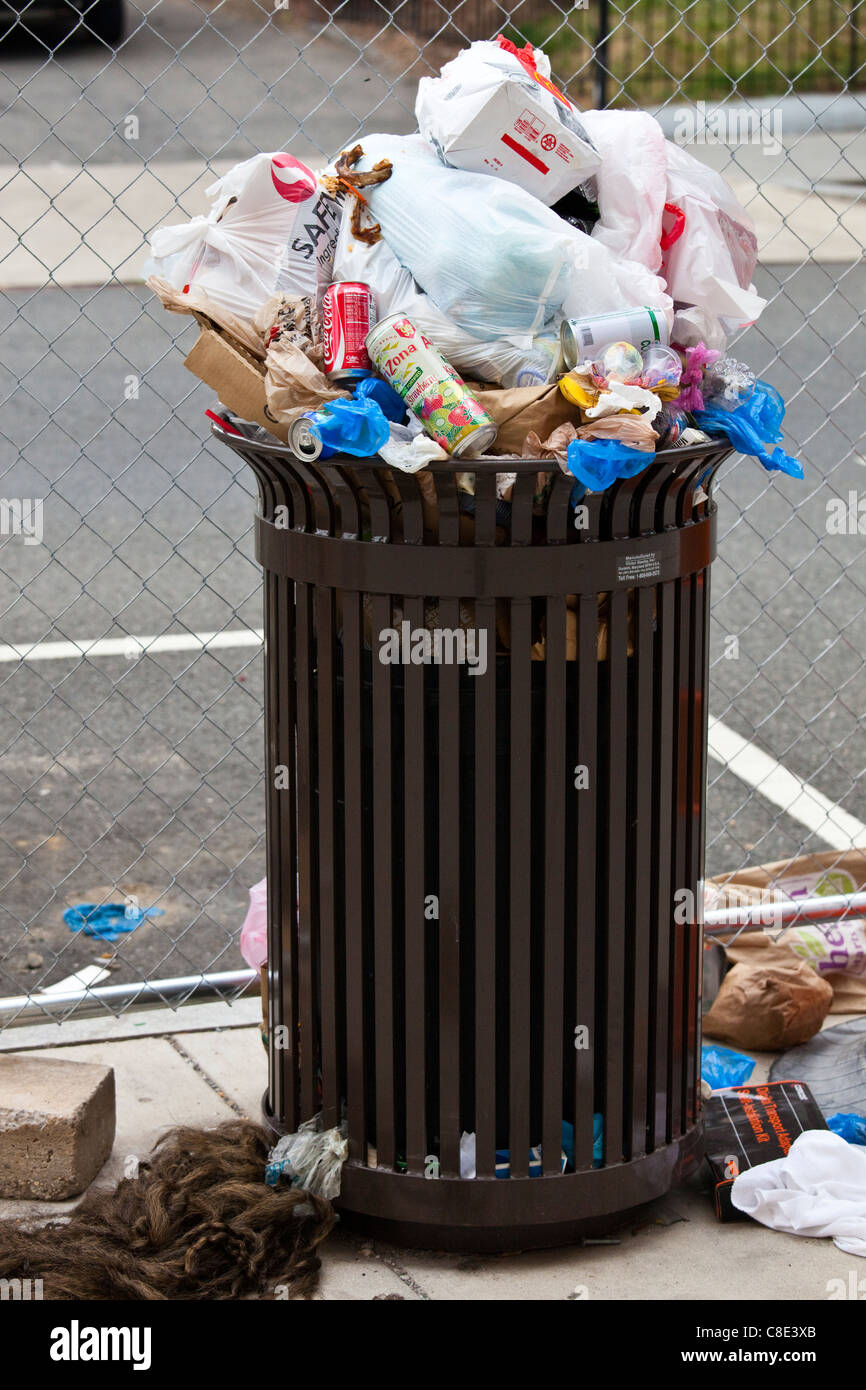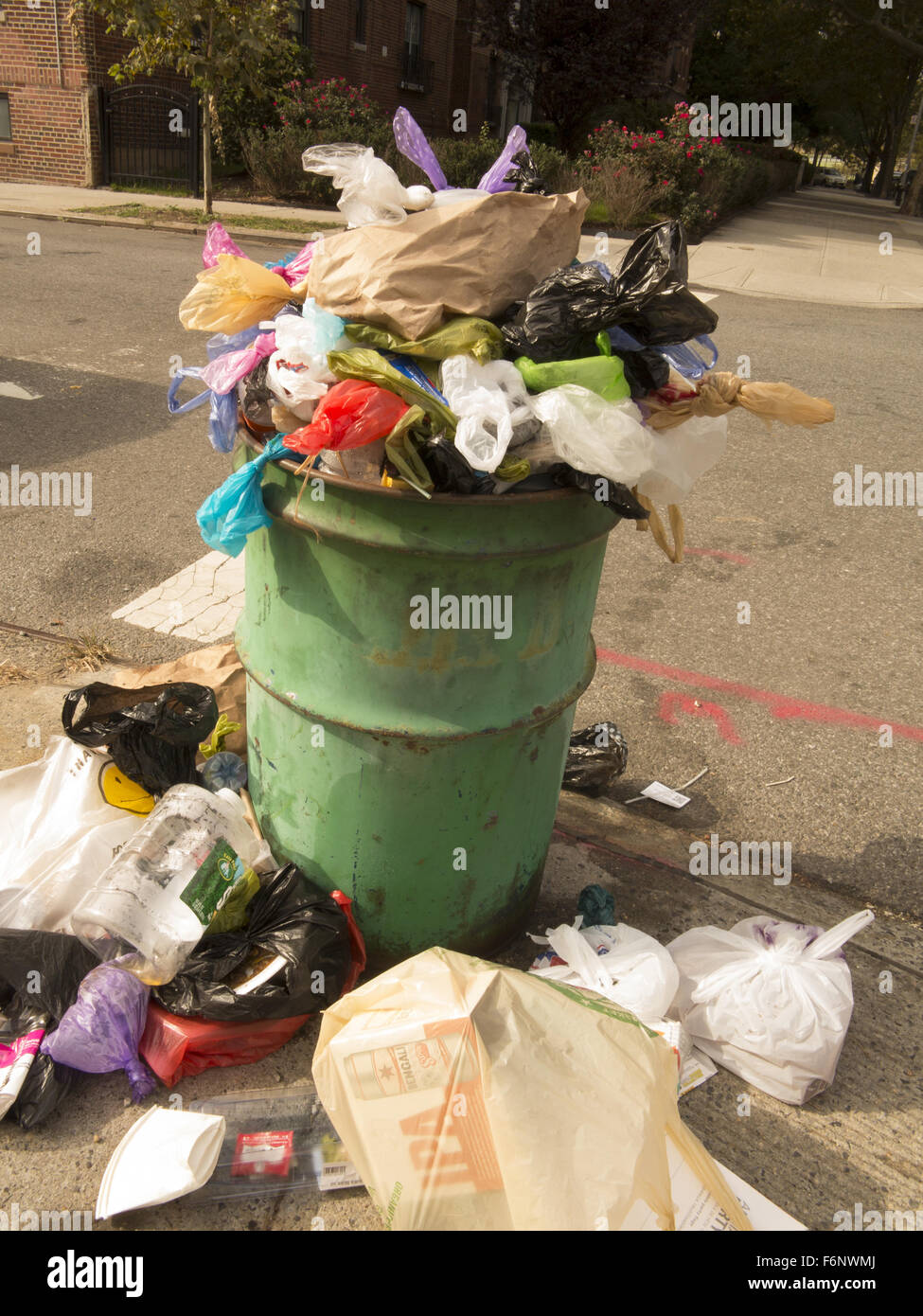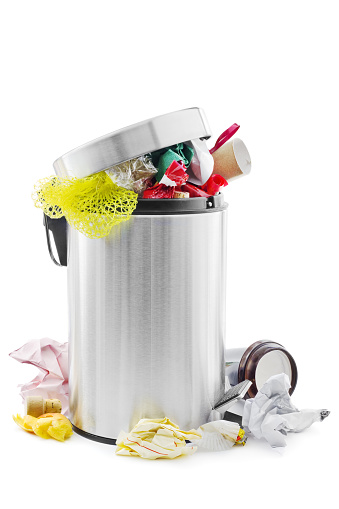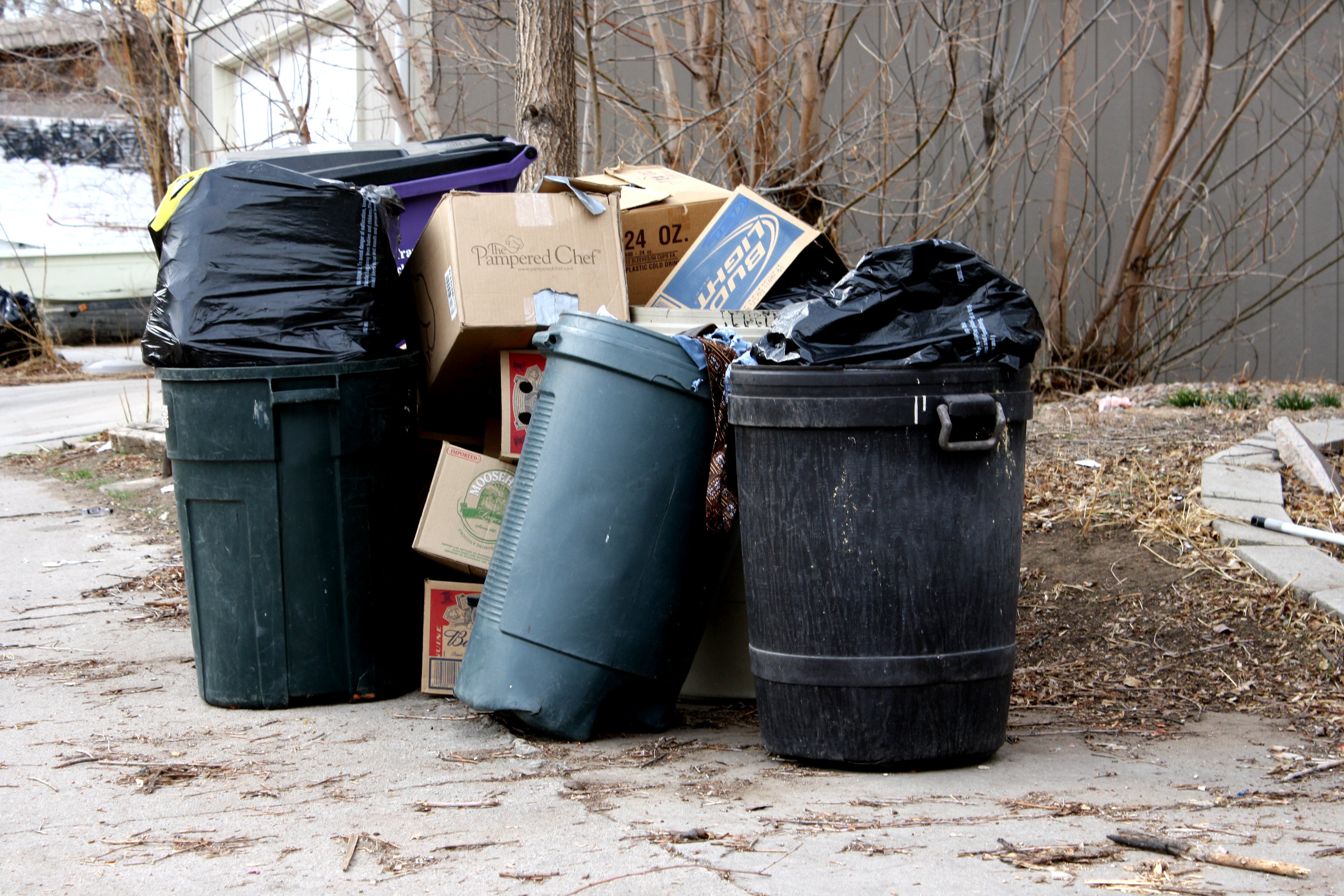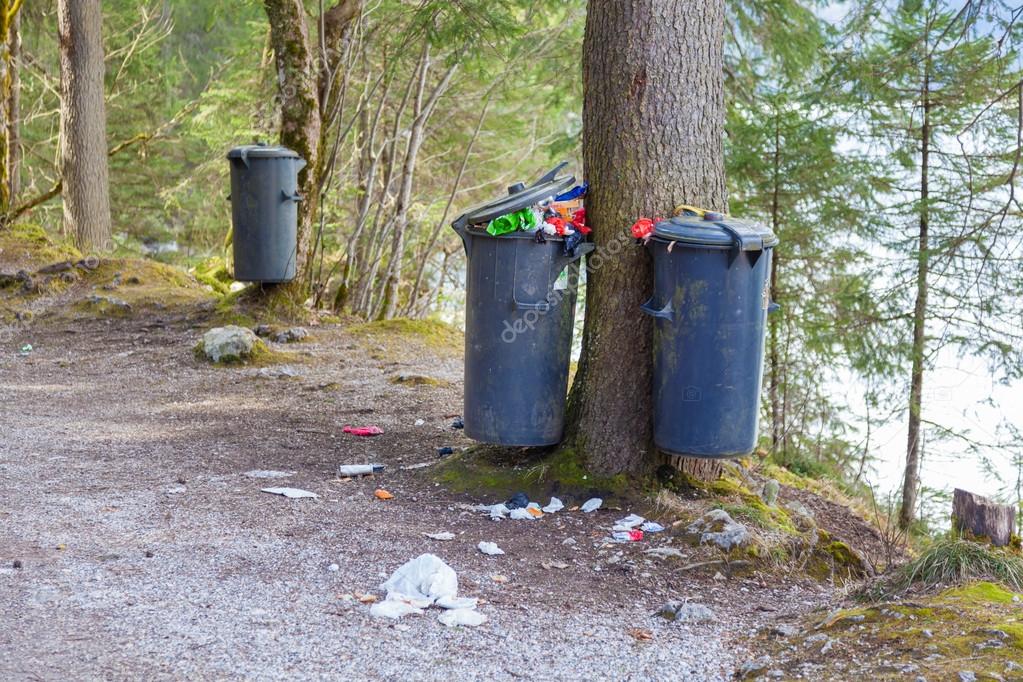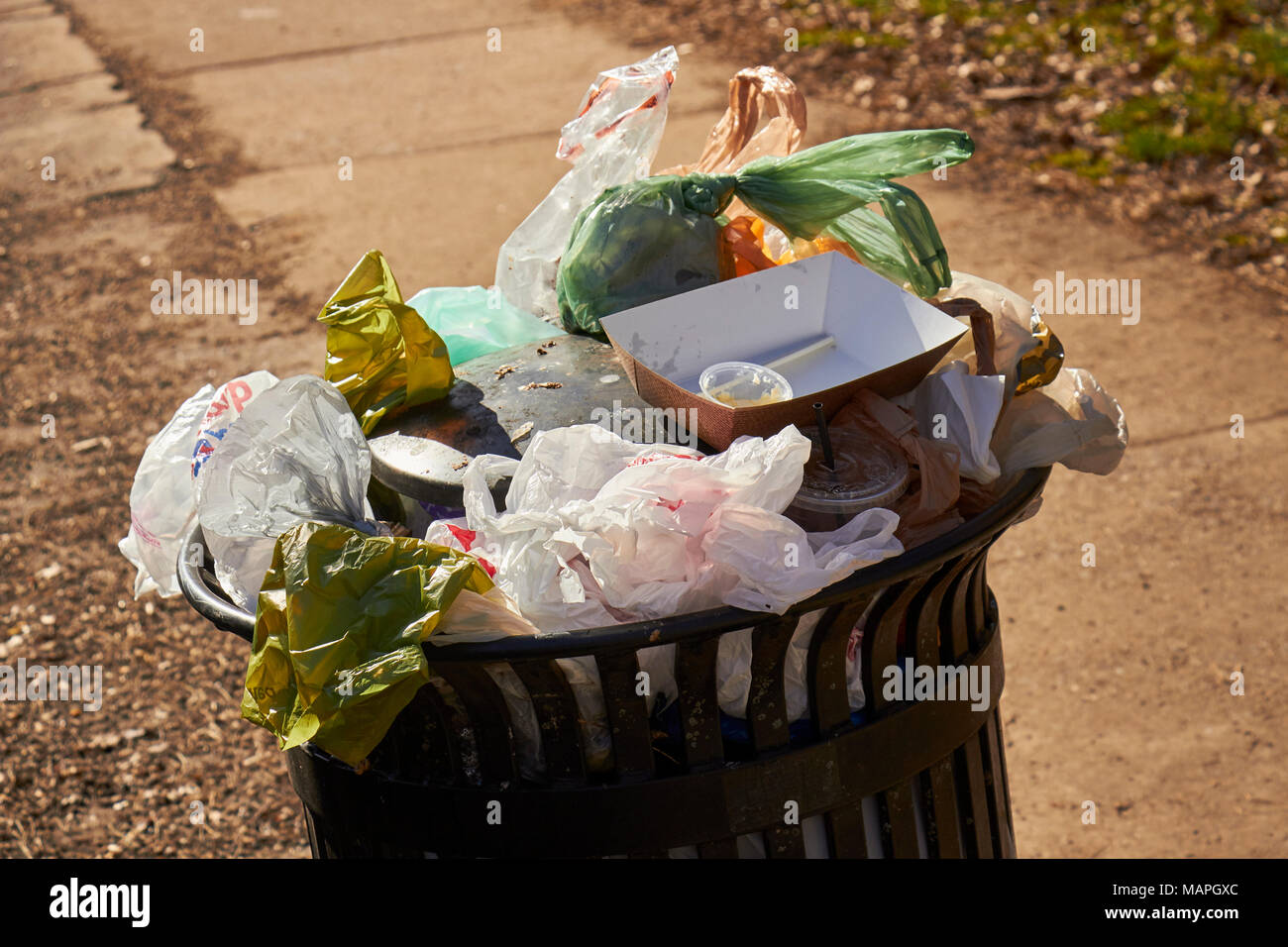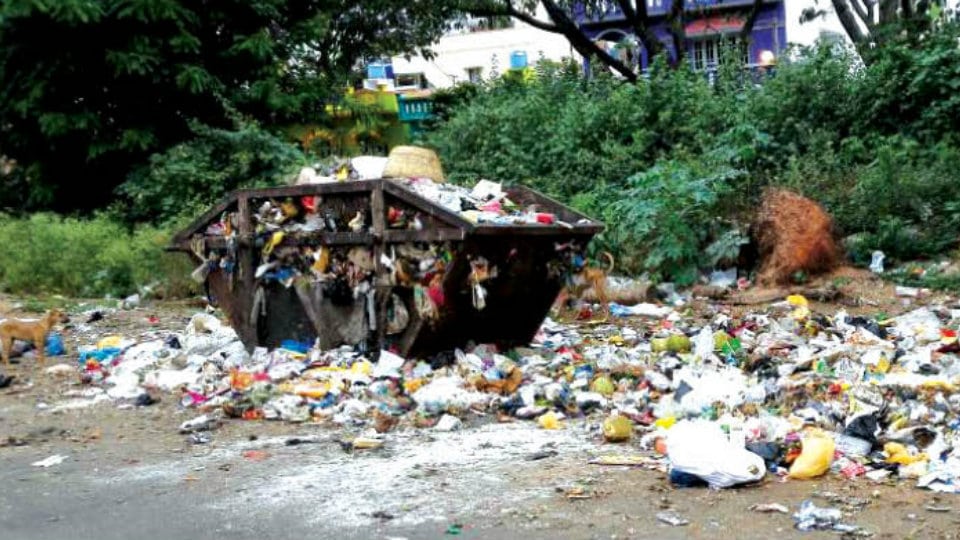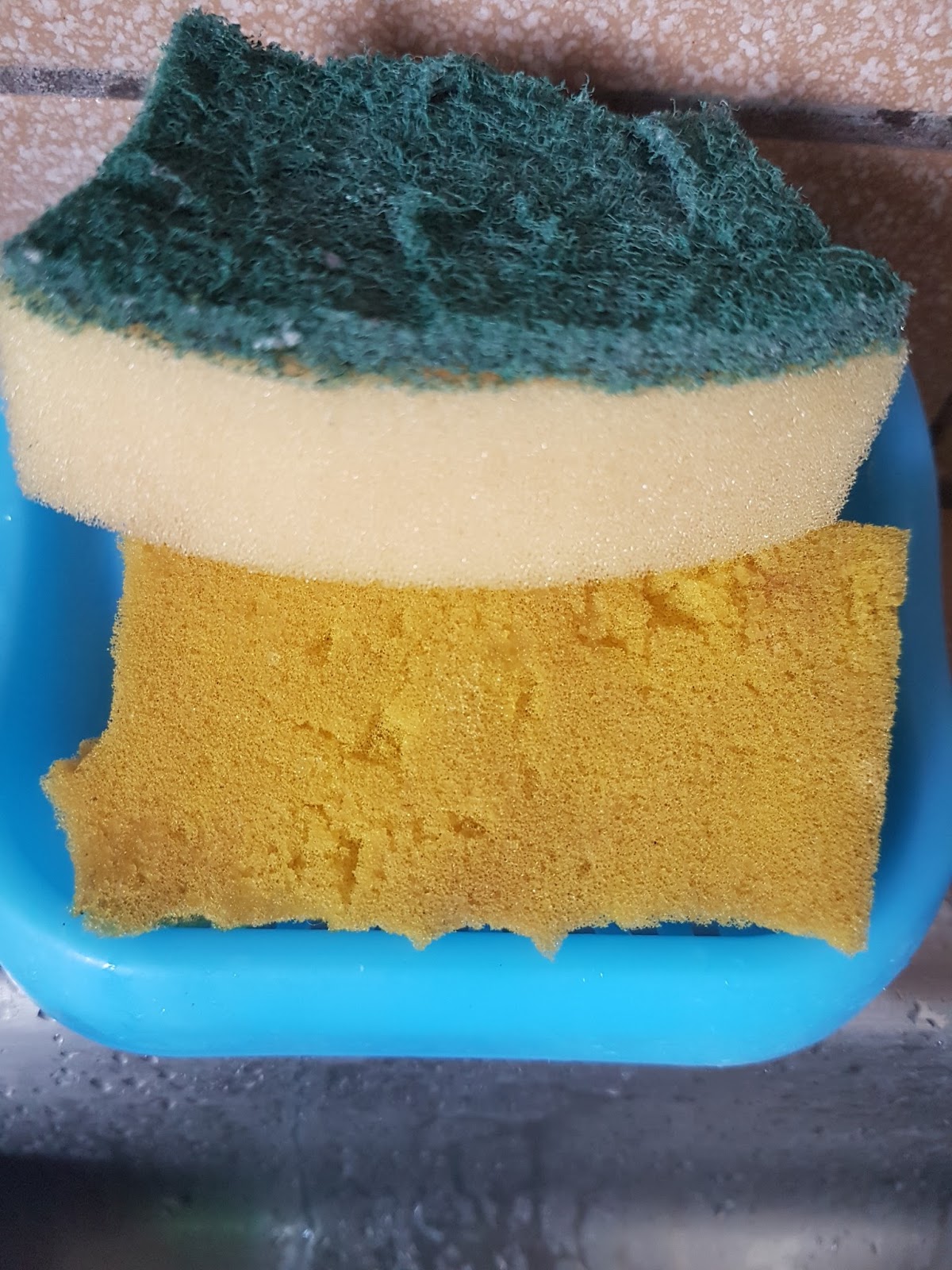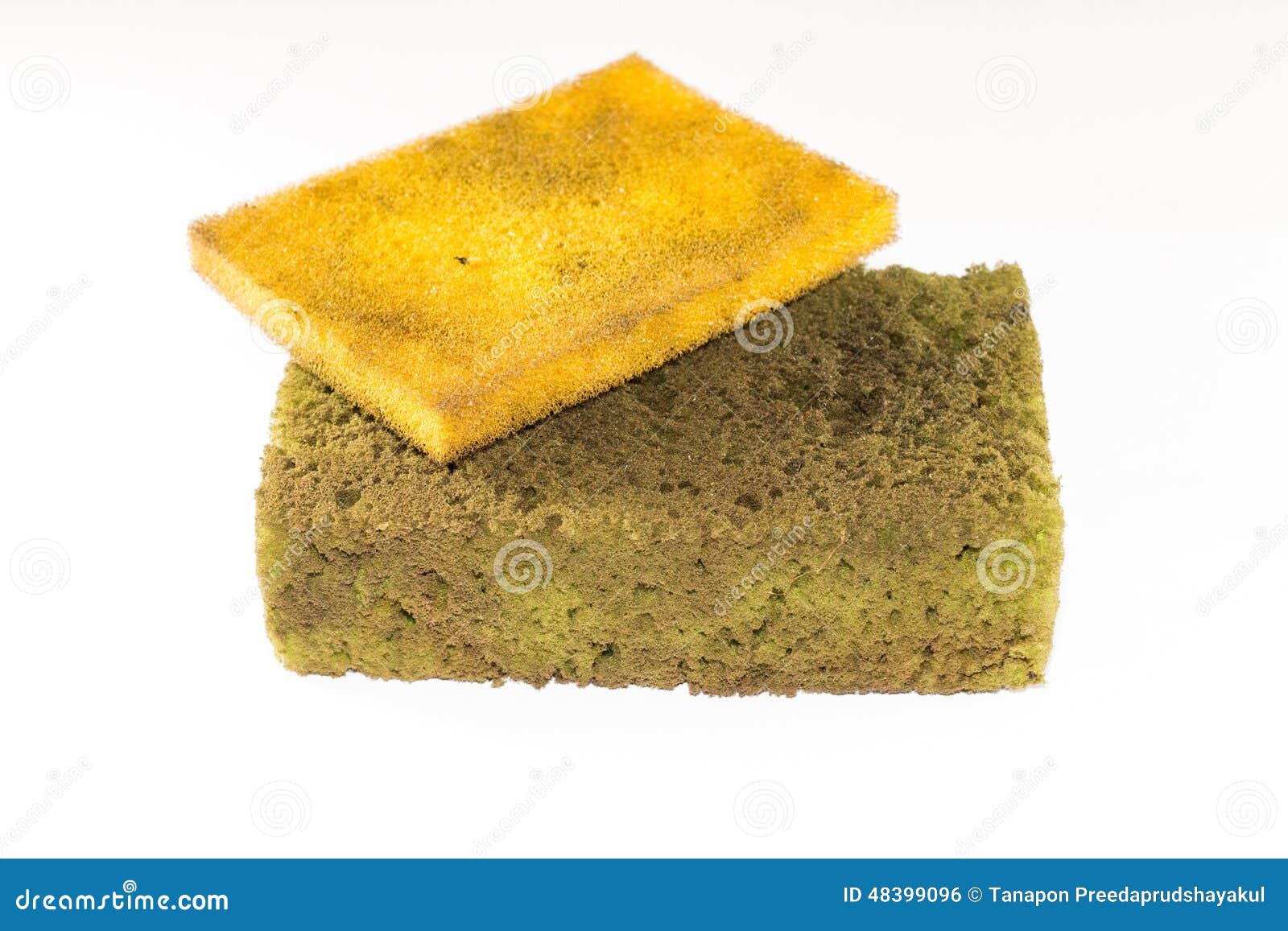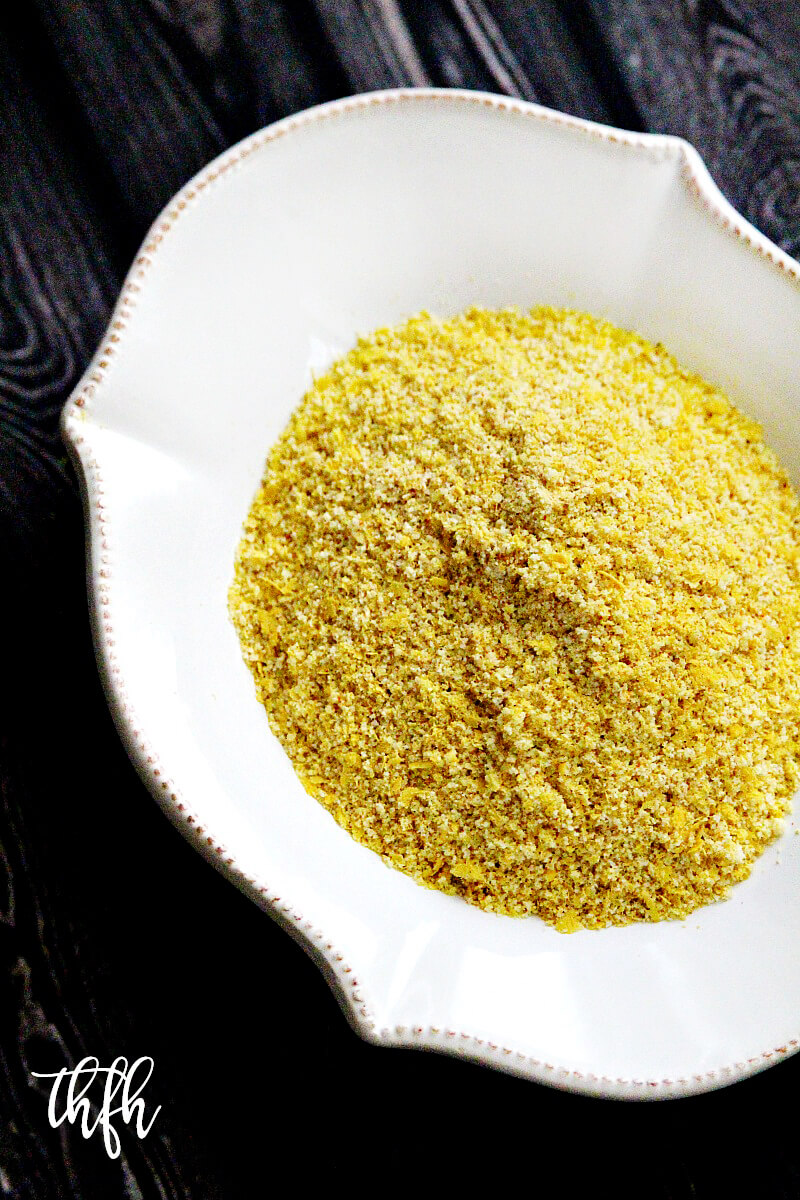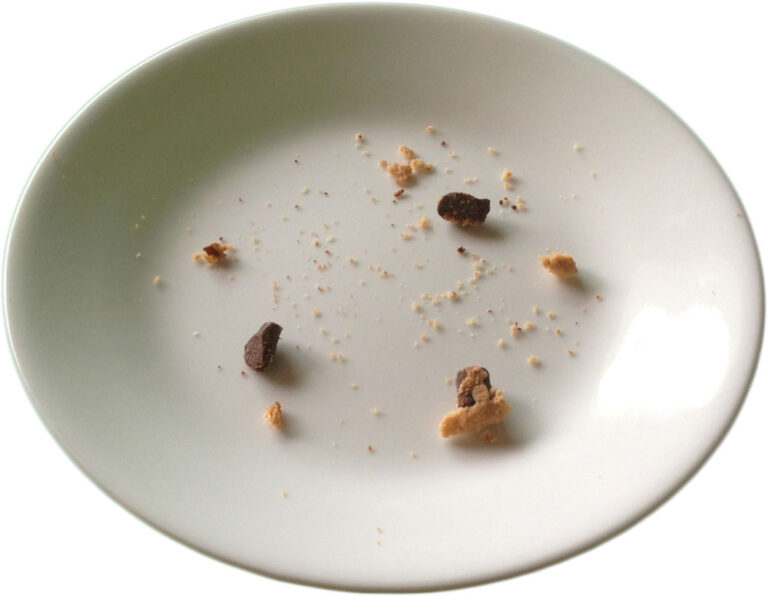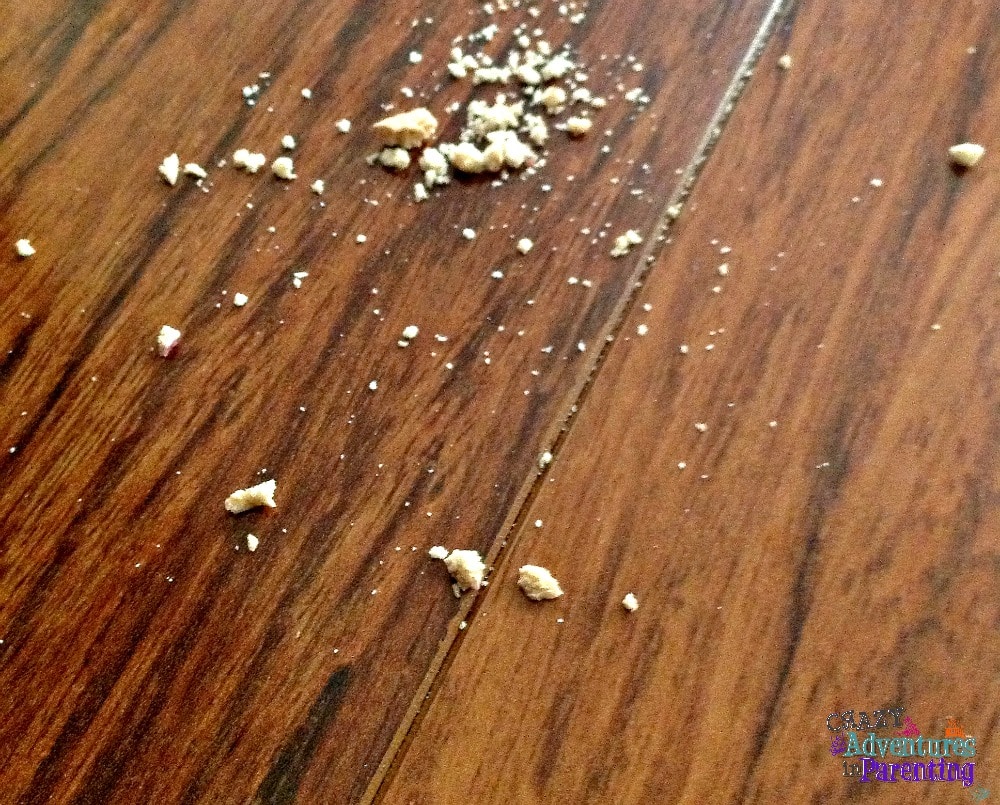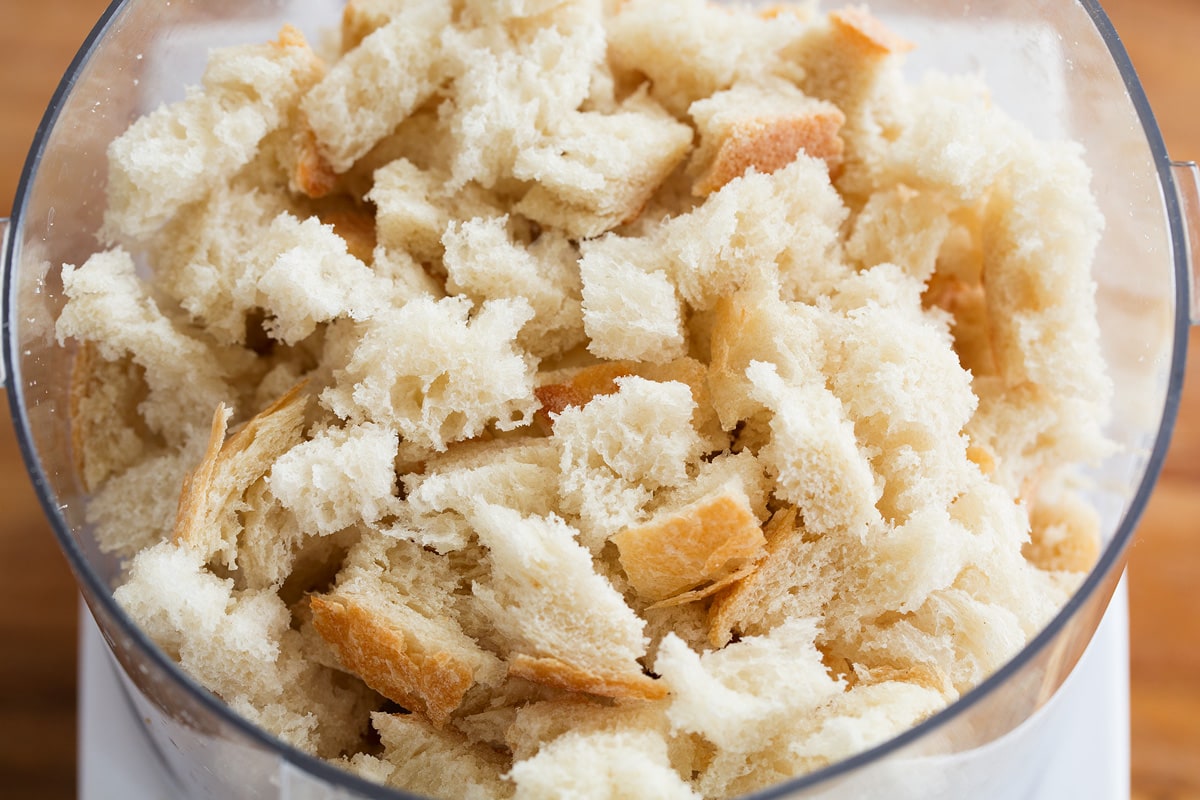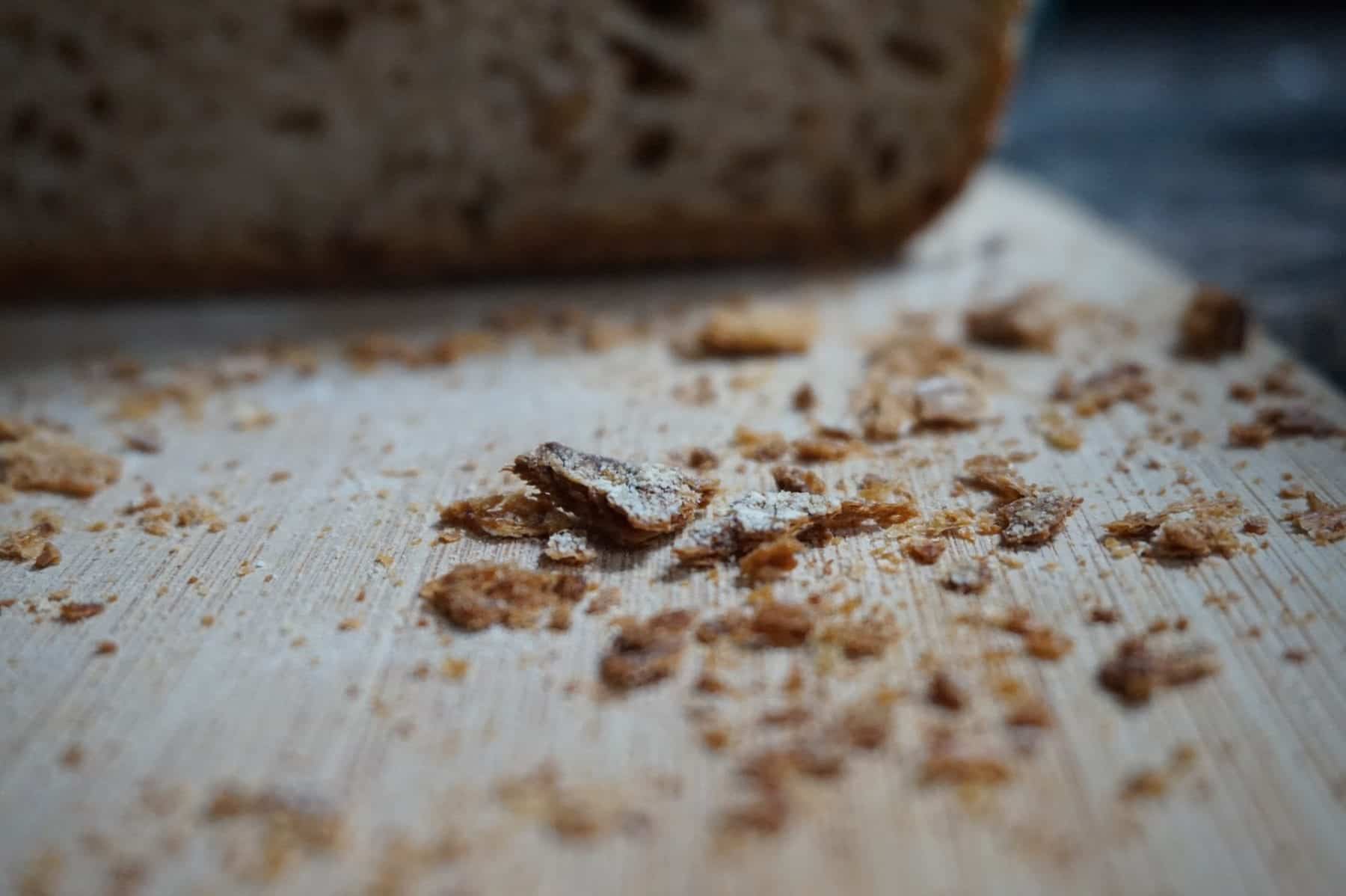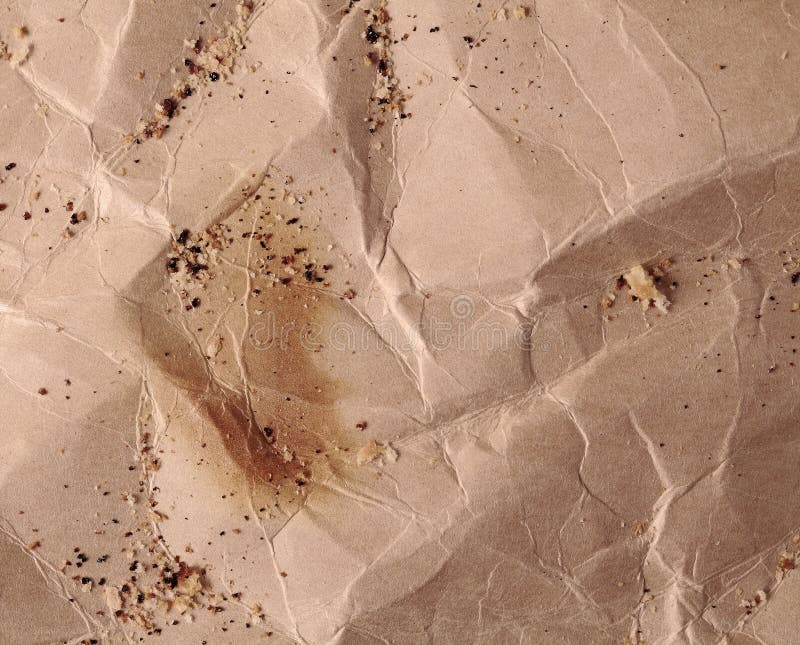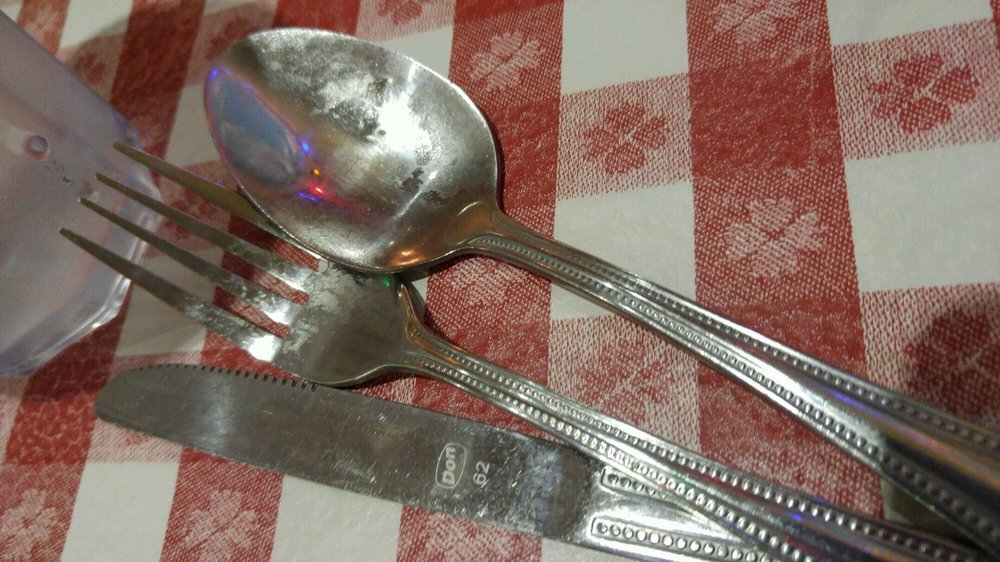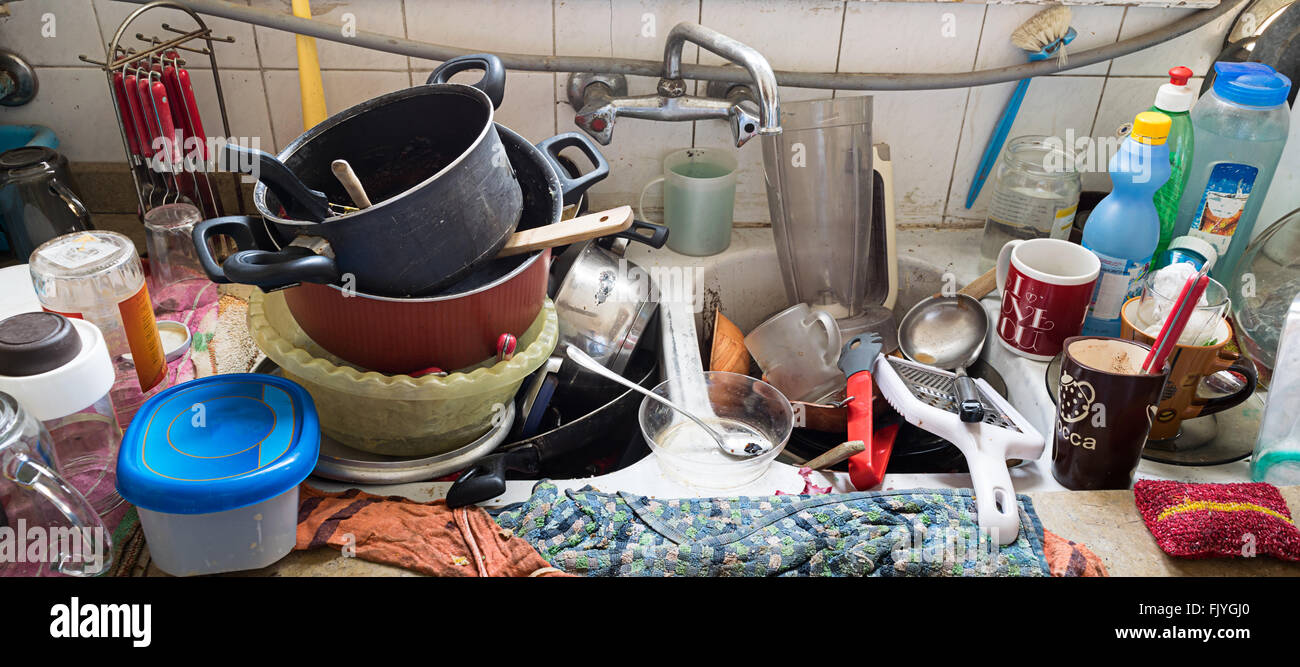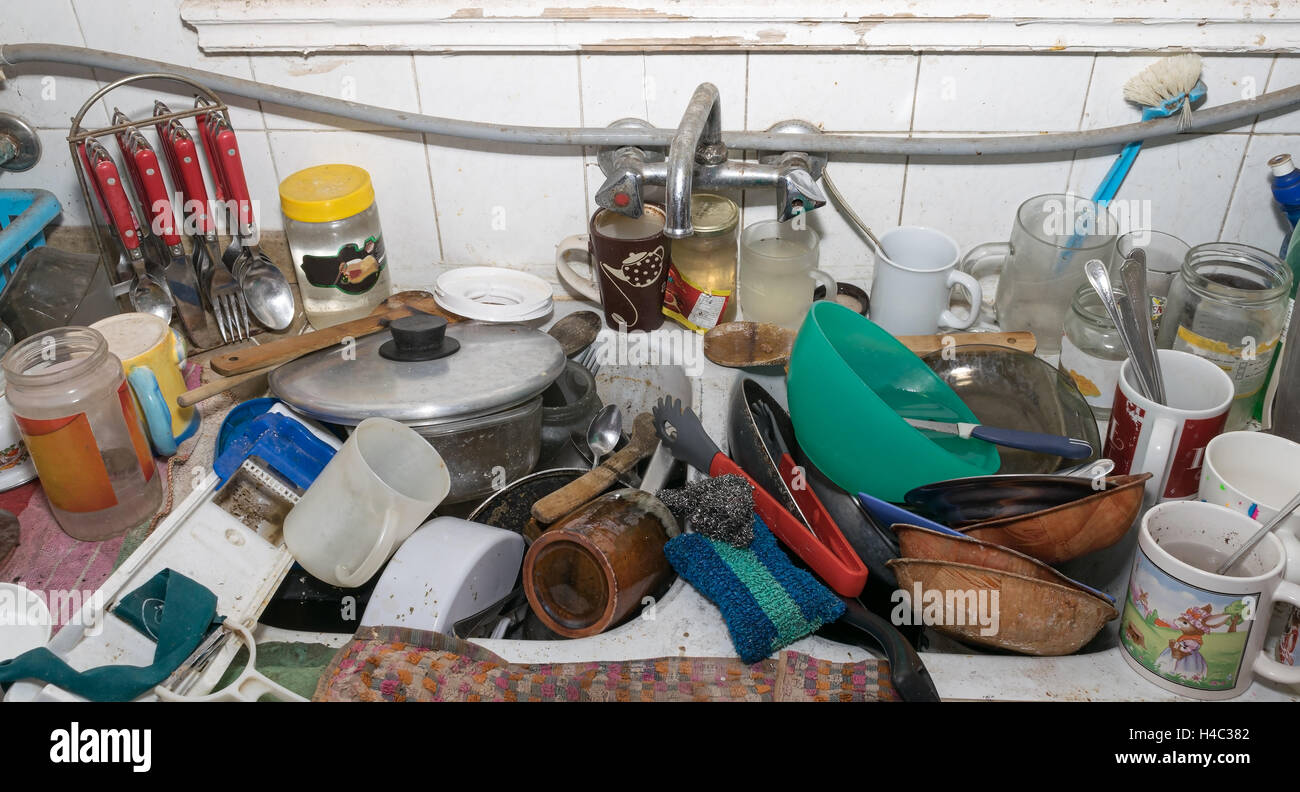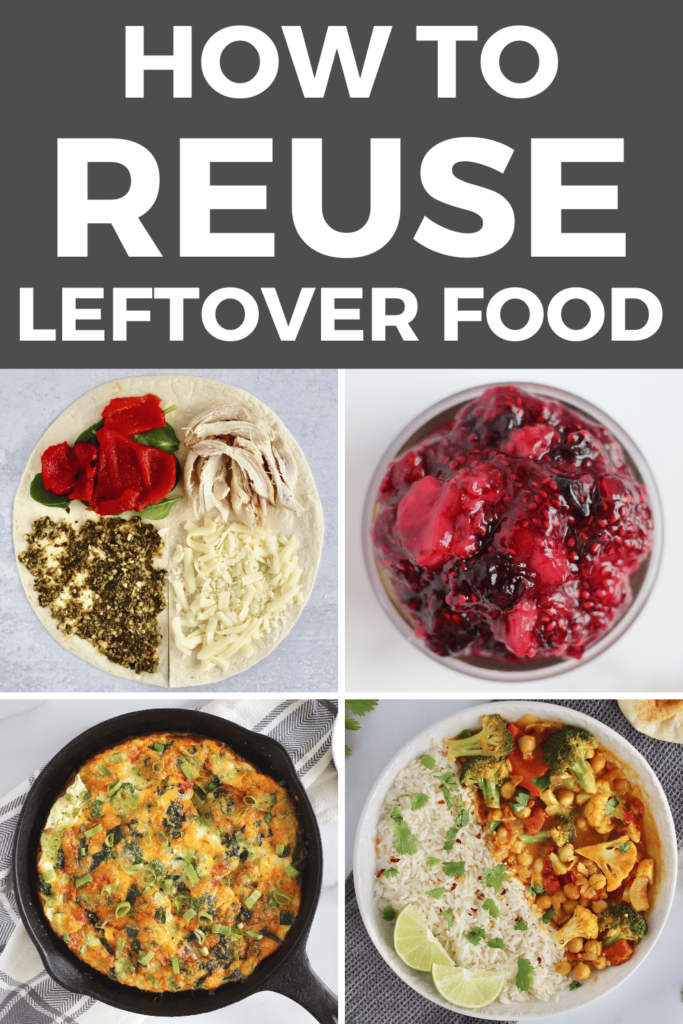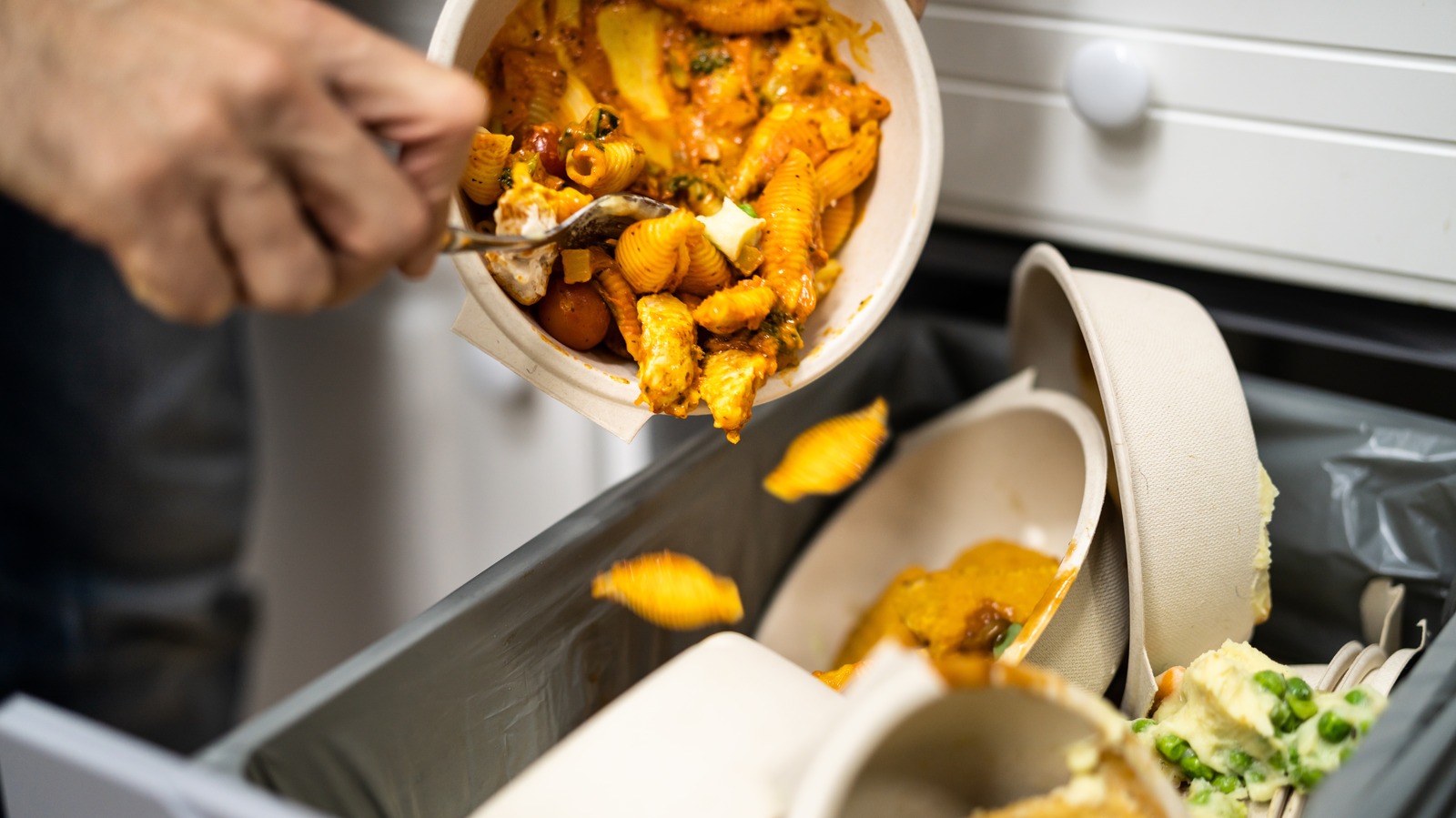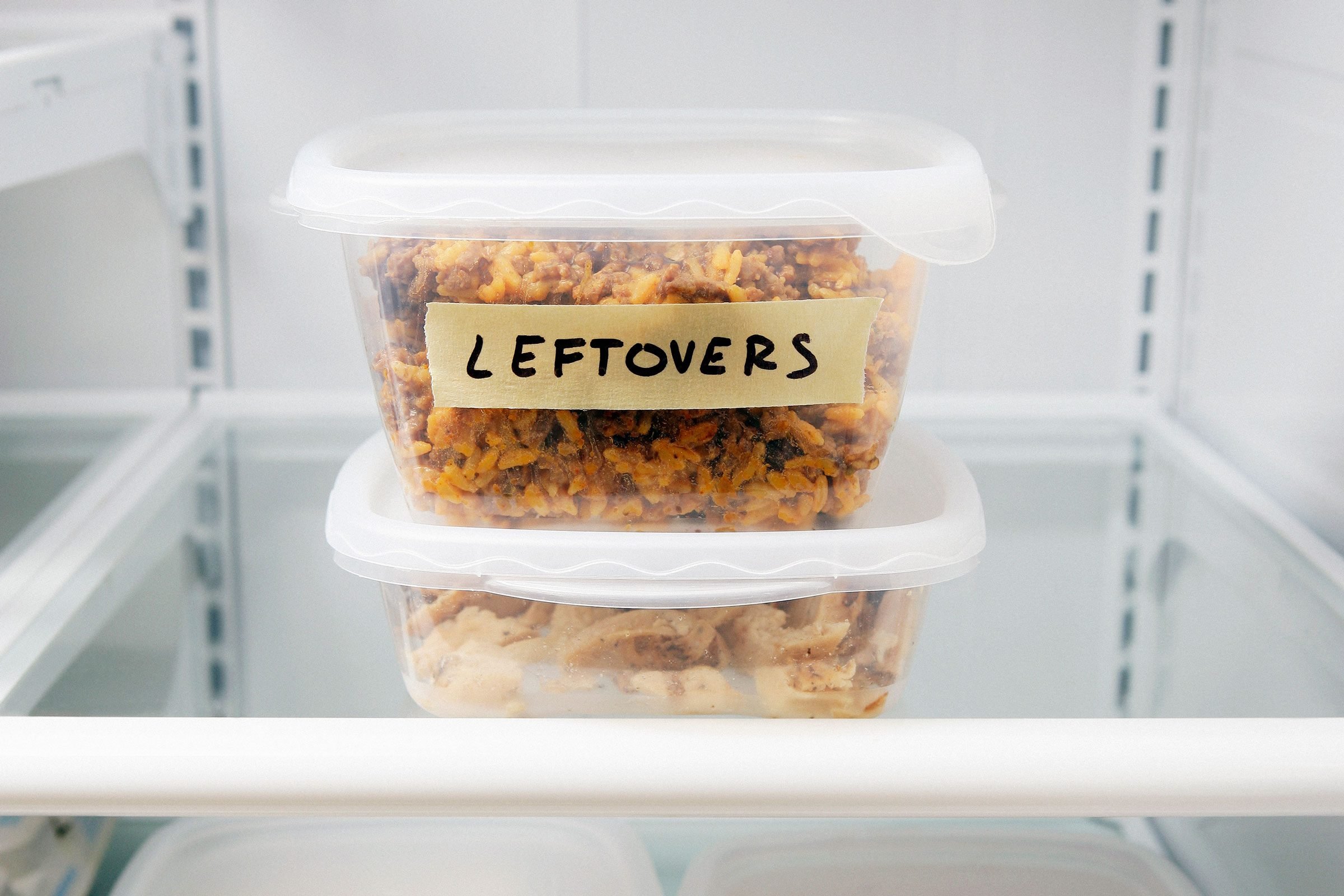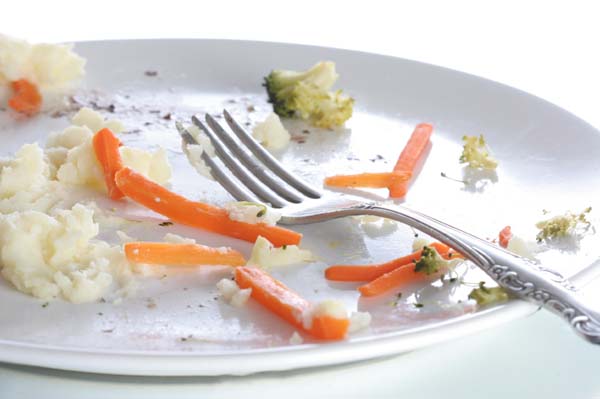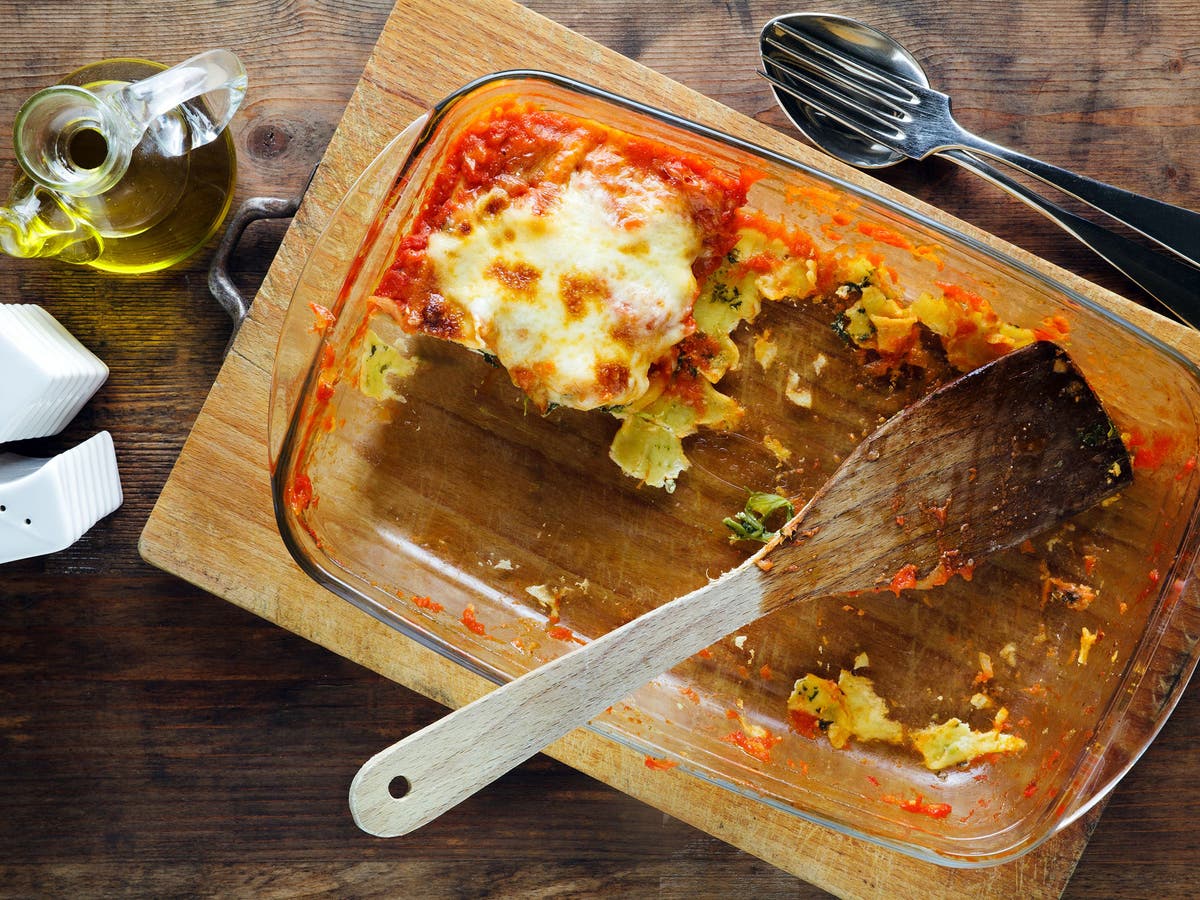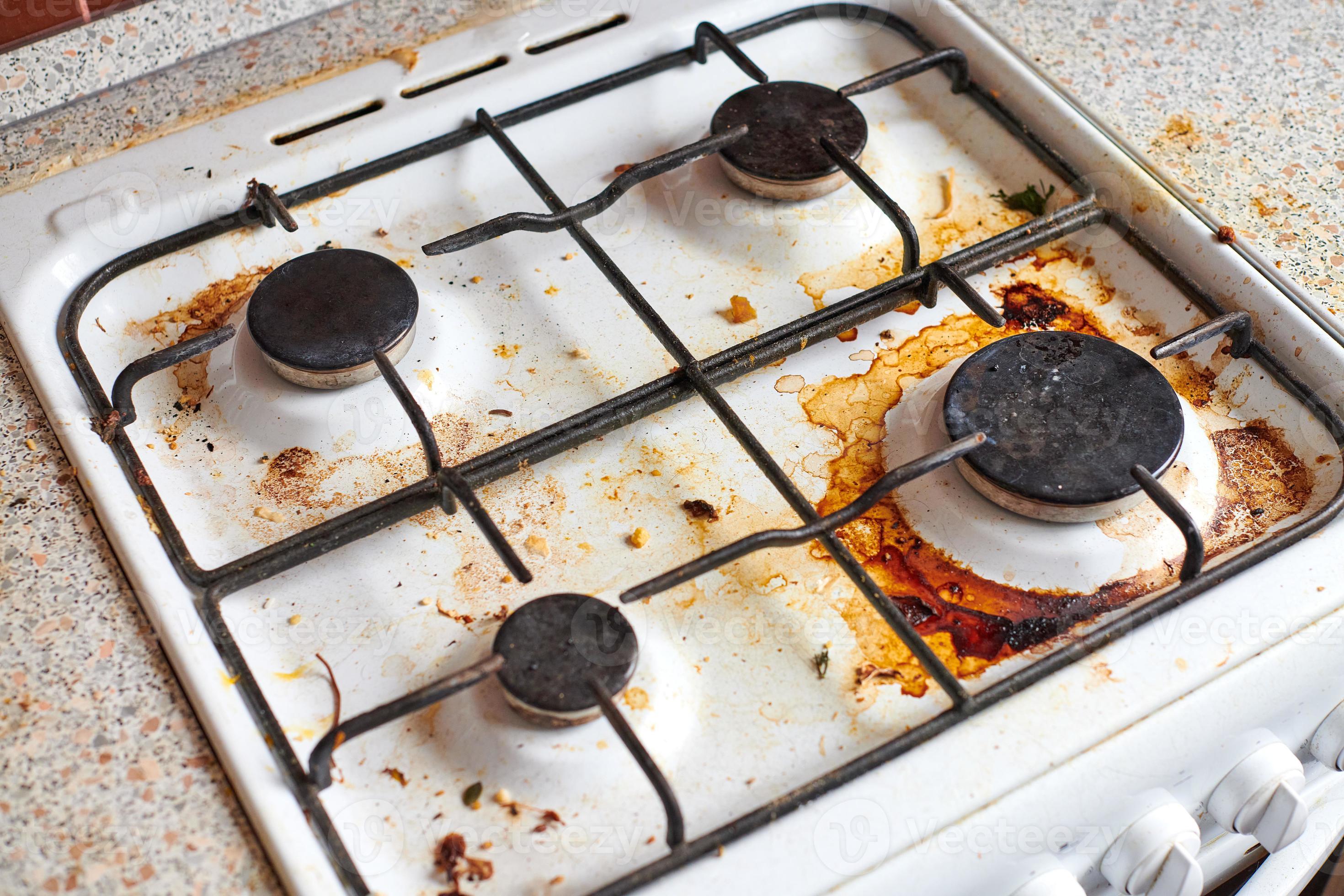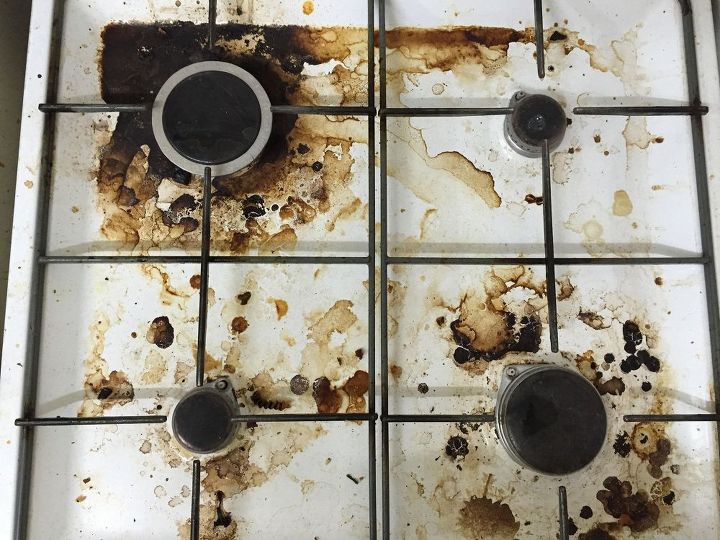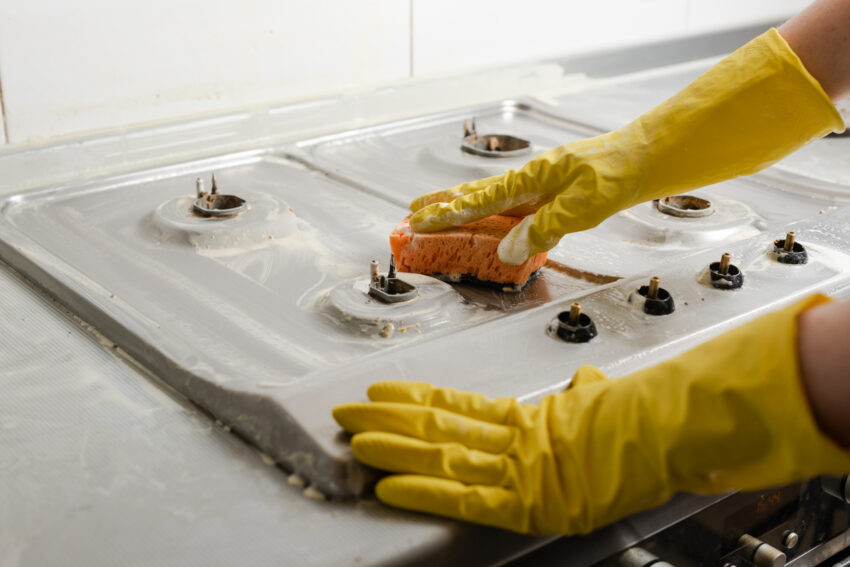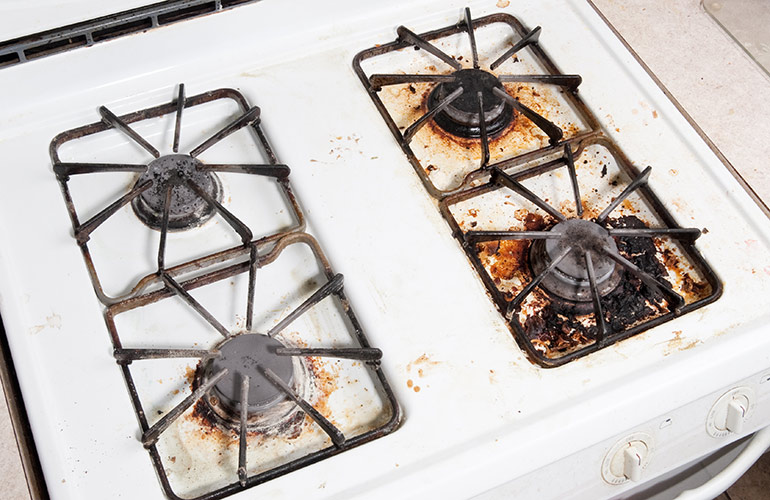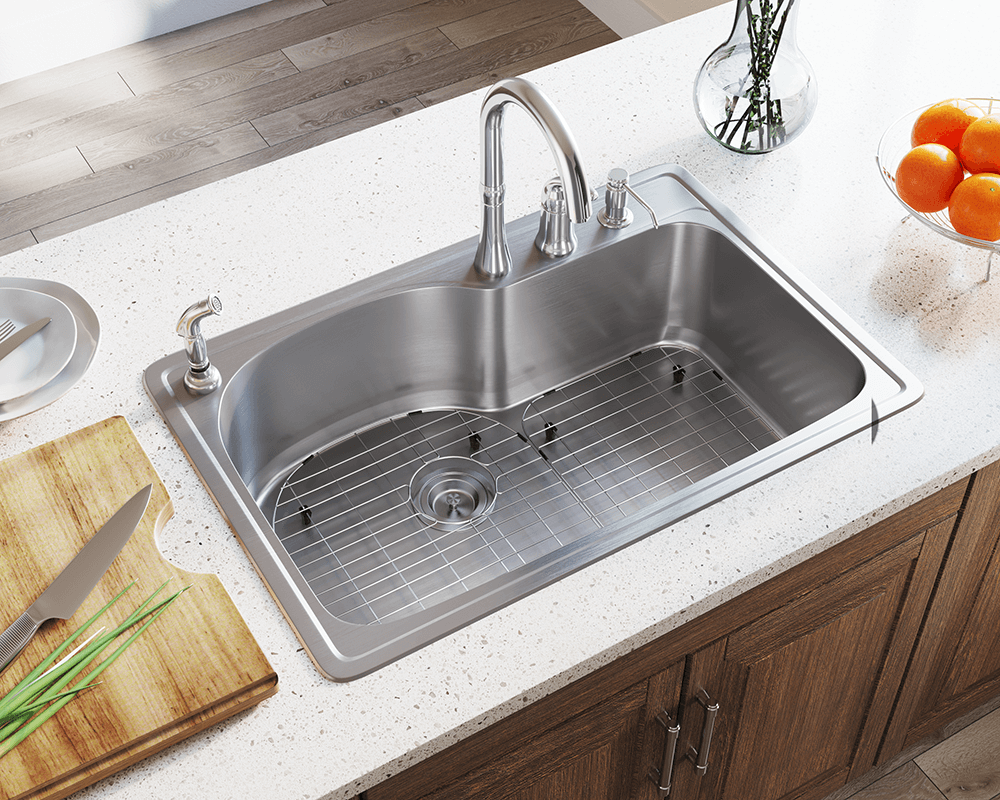If you're someone who loves to cook and spend time in the kitchen, you know how easy it is to let the dishes pile up in the sink. But leaving dirty dishes in the sink not only creates an unsightly mess, but it can also lead to unpleasant smells and even attract pests. Make it a habit to clean dishes as you use them, or at least rinse them and place them in the dishwasher if you have one. Don't let the dishes pile up and become a daunting task to tackle later.Dirty dishes in the sink
It's easy to just dump food scraps down the drain and forget about them, but this can lead to clogs and unpleasant odors. Instead, invest in a garbage disposal or a compost bin to properly dispose of food waste. If you do use the garbage disposal, make sure to run plenty of water while using it to avoid clogs. And don't forget to regularly clean out your garbage disposal to keep it running smoothly.Food scraps left in the sink
After cooking a delicious meal, it's tempting to just leave the greasy pans and pots on the counter to deal with later. But this can lead to grease stains and sticky residue on your countertops. Instead, take a few extra minutes to wipe down the pans with a paper towel or cloth and clean them properly with hot water and dish soap. Your counters will thank you.Greasy pans left on the counter
Accidents happen, but leaving spilled liquids on the kitchen floor is a recipe for disaster. Not only can it create a slippery surface, but it can also attract bugs and make your kitchen smell. Always clean up spills immediately and thoroughly dry the area to avoid any potential hazards.Spilled liquids on the kitchen floor
It's easy to keep throwing things in the garbage can until it's overflowing, but this can attract pests and create a strong odor in your kitchen. Make sure to empty the garbage can regularly and replace the bag to keep your kitchen smelling fresh. And for extra odor control, sprinkle some baking soda in the bottom of the garbage can before putting a new bag in.Overflowing garbage can
Sponges and dishcloths are breeding grounds for bacteria and germs if not cleaned and replaced regularly. Make it a habit to clean your sponges and dishcloths after every use and replace them every few weeks to avoid spreading bacteria in your kitchen.Dirty sponges and dishcloths
After cooking or preparing food, it's easy to leave behind crumbs and spills on the countertops. But this can not only create a messy appearance, but it can also attract pests and lead to unsanitary conditions. Make it a habit to wipe down your countertops after every use and sweep up any crumbs or spills on the floor.Food crumbs on the countertops
Leaving dirty utensils scattered on the counter can create a cluttered and unorganized appearance in your kitchen. Instead, make it a habit to clean your utensils as you use them or place them in the sink to be cleaned later. This will not only keep your kitchen looking clean, but it will also make cooking and preparing meals more efficient.Dirty utensils scattered on the counter
After a meal, it's tempting to just leave the leftover food containers on the counter to deal with later. But this can lead to spills and unpleasant smells in your kitchen. Make sure to properly store any leftover food in airtight containers and refrigerate them promptly. And don't forget to clean any spills or drips on the containers before storing.Leftover food containers left out
The stove and stovetop are often the most used and most neglected areas in the kitchen. But leaving them dirty can not only create a messy appearance, but it can also lead to fire hazards and unpleasant smells. Make it a habit to wipe down the stove and stovetop after every use and scrub any stubborn stains or spills. And don't forget to clean the inside of the oven regularly as well.Dirty stove and stovetop
The Importance of a Clean and Functional Kitchen Sink in House Design

Why a Messy Kitchen Sink is a Design Disaster
 A clean and organized kitchen is the heart of any home, and the sink is one of the most important components of this space. It is where we wash our hands, clean our dishes, and prepare food. However, when left in a messy state, the kitchen sink can become a design disaster that affects the overall look and functionality of the room.
Left a mess in the kitchen sink
may seem like a small issue, but it can have a big impact on the design and functionality of your kitchen. A pile of dirty dishes, food scraps, and cluttered countertops can make the sink area look unappealing and uninviting. This not only affects the aesthetic appeal of the room but also makes it difficult to use the sink for its intended purpose.
A clean and organized kitchen is the heart of any home, and the sink is one of the most important components of this space. It is where we wash our hands, clean our dishes, and prepare food. However, when left in a messy state, the kitchen sink can become a design disaster that affects the overall look and functionality of the room.
Left a mess in the kitchen sink
may seem like a small issue, but it can have a big impact on the design and functionality of your kitchen. A pile of dirty dishes, food scraps, and cluttered countertops can make the sink area look unappealing and uninviting. This not only affects the aesthetic appeal of the room but also makes it difficult to use the sink for its intended purpose.
The Impact of a Messy Kitchen Sink on Design
 A cluttered and unclean kitchen sink can disrupt the flow of your kitchen and make it difficult to navigate the space. It can also create an unpleasant odor and attract pests, making it a potential health hazard. Moreover, a messy sink can give the impression that the entire kitchen is disorganized and dirty, even if the rest of the room is spotless.
In addition to affecting the functionality and aesthetic appeal of the kitchen, a messy sink can also be a safety hazard. Dishes piled up in the sink can easily break and cause injuries, and food scraps left behind can attract bacteria and cause contamination. This can be especially dangerous if you have young children in the house.
A cluttered and unclean kitchen sink can disrupt the flow of your kitchen and make it difficult to navigate the space. It can also create an unpleasant odor and attract pests, making it a potential health hazard. Moreover, a messy sink can give the impression that the entire kitchen is disorganized and dirty, even if the rest of the room is spotless.
In addition to affecting the functionality and aesthetic appeal of the kitchen, a messy sink can also be a safety hazard. Dishes piled up in the sink can easily break and cause injuries, and food scraps left behind can attract bacteria and cause contamination. This can be especially dangerous if you have young children in the house.
Creating a Functional and Appealing Kitchen Sink
 To avoid the negative impact of a messy kitchen sink, it is important to incorporate functional and organized design elements into this space. Installing a double sink, for example, can help separate dirty dishes from the clean ones and make it easier to keep the area clean. Adding a garbage disposal can also help to reduce food scraps and prevent clogs in the sink.
Keeping the sink area clutter-free is also essential for maintaining a functional and appealing kitchen. This can be achieved by incorporating storage solutions such as under-sink cabinets or hanging racks for dish towels and cleaning supplies. Regularly cleaning and decluttering the sink area can also help maintain its functionality and aesthetic appeal.
In conclusion, a clean and functional kitchen sink is crucial for both the design and functionality of your kitchen. A messy sink can disrupt the flow of the room, create safety hazards, and give off a negative impression of the space. By incorporating practical and organized design elements, as well as regularly maintaining the sink area, you can ensure that your kitchen sink remains a beautiful and functional centerpiece of your home.
To avoid the negative impact of a messy kitchen sink, it is important to incorporate functional and organized design elements into this space. Installing a double sink, for example, can help separate dirty dishes from the clean ones and make it easier to keep the area clean. Adding a garbage disposal can also help to reduce food scraps and prevent clogs in the sink.
Keeping the sink area clutter-free is also essential for maintaining a functional and appealing kitchen. This can be achieved by incorporating storage solutions such as under-sink cabinets or hanging racks for dish towels and cleaning supplies. Regularly cleaning and decluttering the sink area can also help maintain its functionality and aesthetic appeal.
In conclusion, a clean and functional kitchen sink is crucial for both the design and functionality of your kitchen. A messy sink can disrupt the flow of the room, create safety hazards, and give off a negative impression of the space. By incorporating practical and organized design elements, as well as regularly maintaining the sink area, you can ensure that your kitchen sink remains a beautiful and functional centerpiece of your home.



